Pancreas Transplantation
Introduction
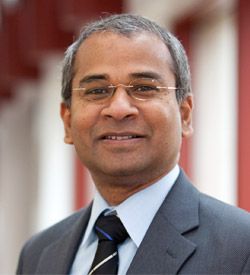

History of pancreas transplantation
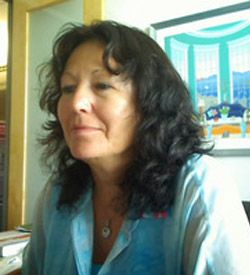

Pancreas transplant activity - IPTR Data
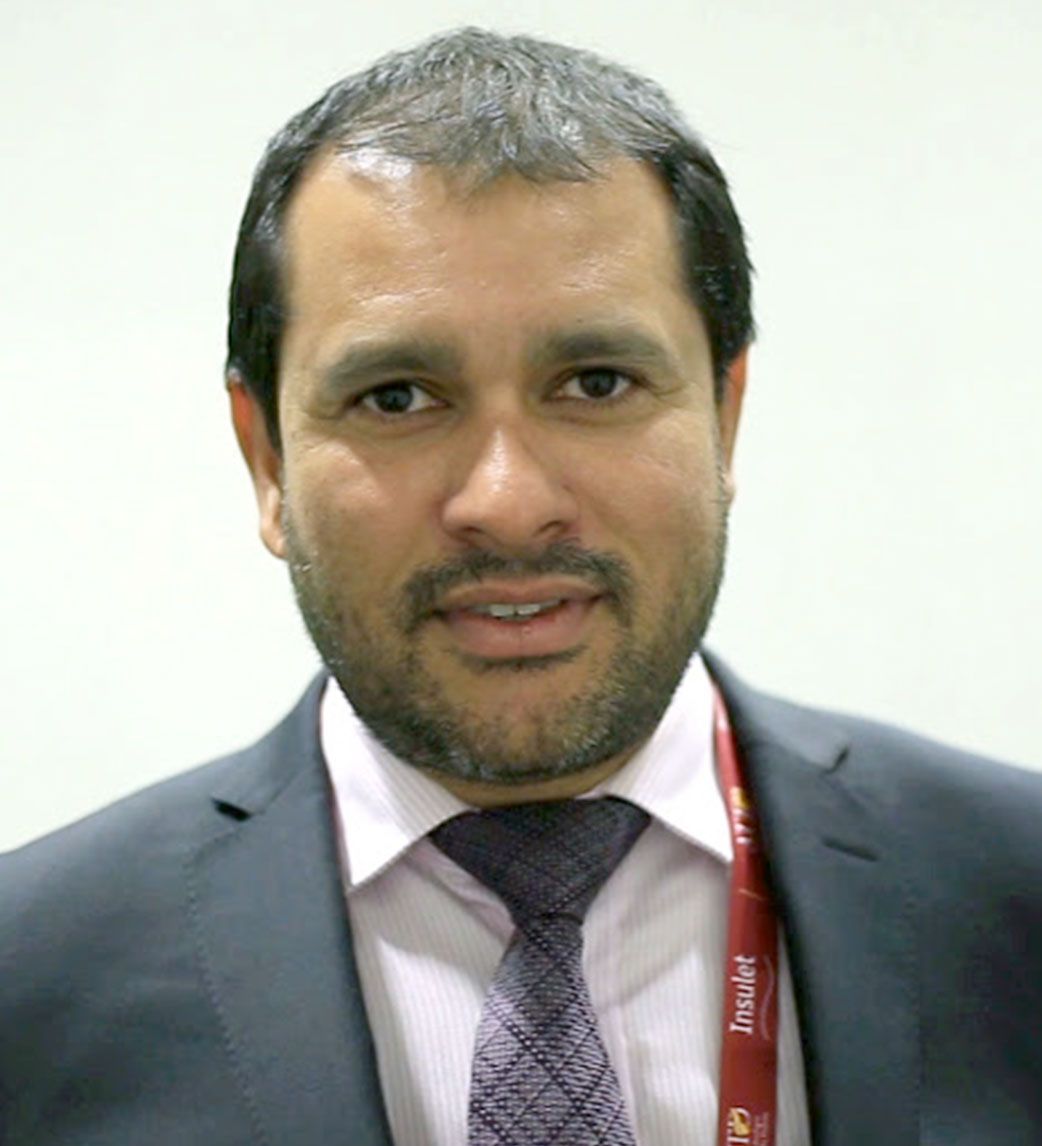

Why do we need beta cell replacement when there is insulin?*
Bio
King College London
United Kingdom
Pratik Choudhary, MBBS MD FRCP, is a consultant clinical diabetologist and senior lecturer. He serves as clinical lead for the islet transplant service at King's College Hospital, London, and diabetes lead for the pancreas transplantation at Guy's Hospital, London. Dr. Choudhary’s main research work is based around mechanisms and treatments of hypoglycaemia unawareness and maintains a special interest in the psychology of patients with recurrent hypoglycaemia, and the associated changes in the brain observable via neuroimaging. Dr. Choudhary is also interested in the use of technology in diabetes, with a large clinical and research interest in the use of insulin pumps, continuous glucose monitoring and closed loop insulin delivery.
Recipient Selection
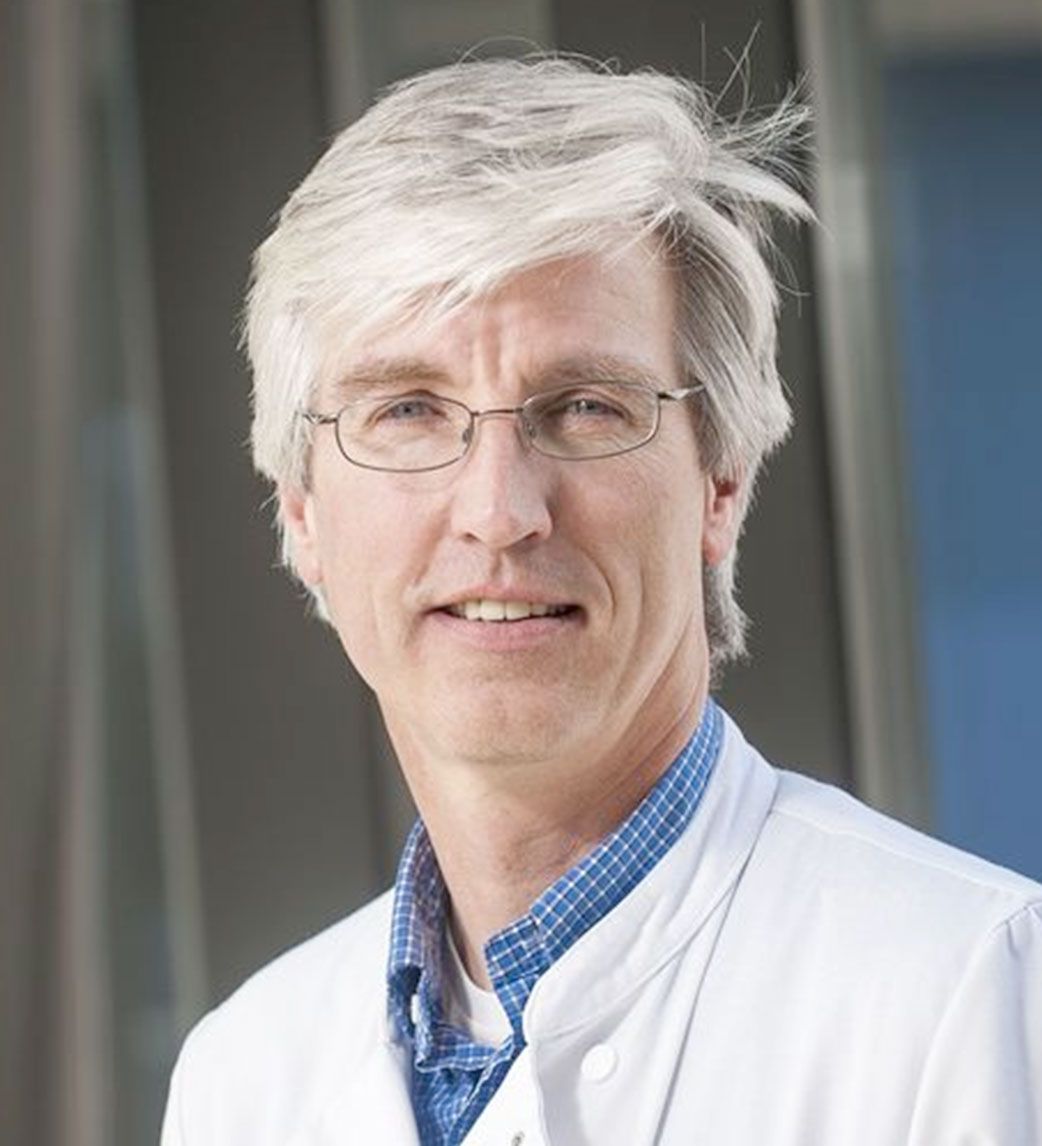

Indications for Beta-cell Replacement in T1D*
Bio
Dept. of Internal Medicine
Leids Universitair Medisch Centrum
The Netherlands
Eelco de Koning is professor of diabetology at the Leiden University Medical Center. He heads the LUMC diabetes center and coordinates the human islet transplantation program which is a national service. He also heads the national expertise center on Maturity-Onset Diabetes of the Young (MODY). His research is focused on innovative cell replacement therapies as treatment for patients with diabetes mellitus. Eelco de Koning is also group leader in the Hubrecht Institute for developmental and stem cell biology in Utrecht.
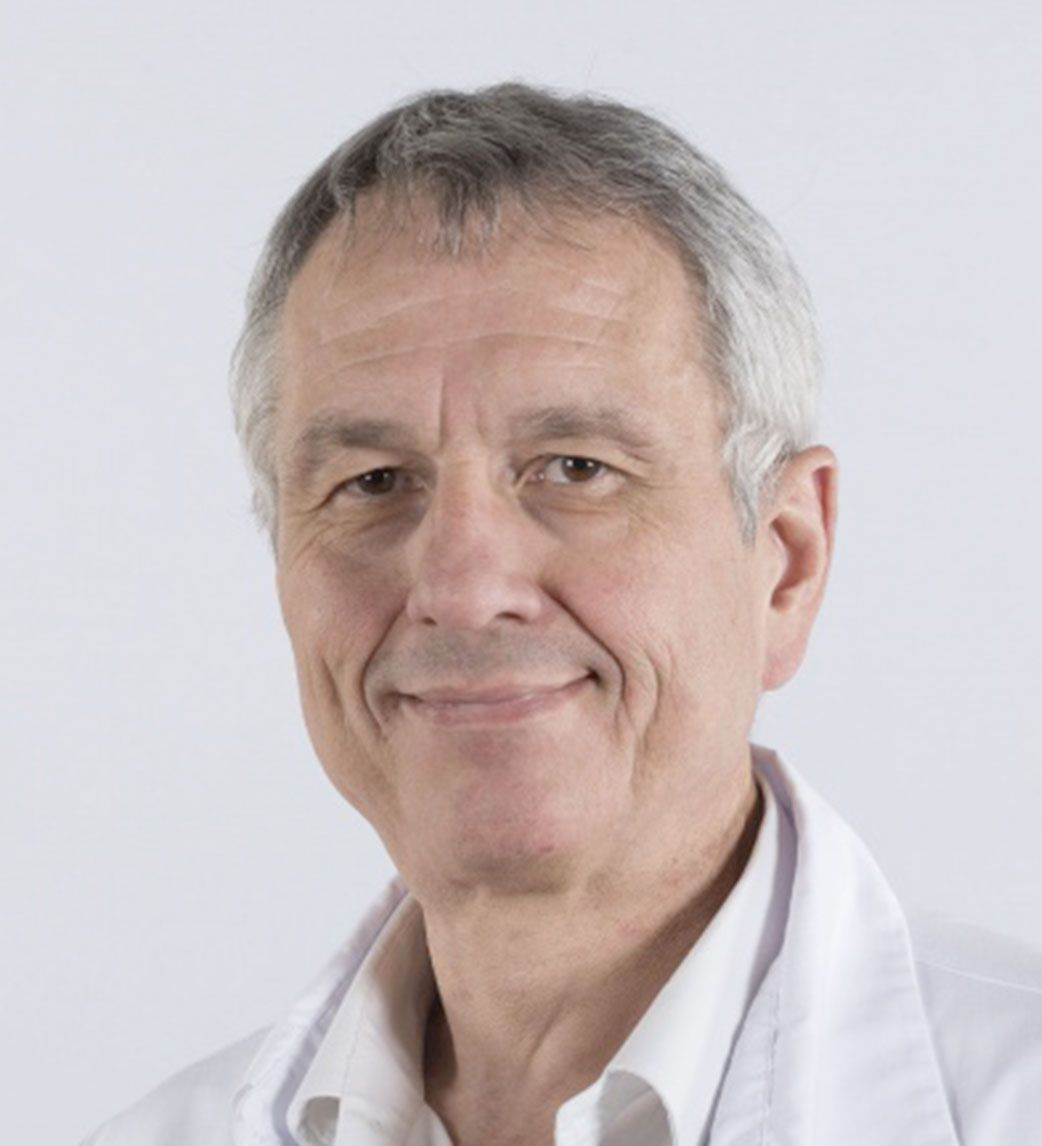

Recipient selection/work-up for Islet or Pancreas transplantation*
Bio
Director, Islet/Pancreas Transplant Program; Head, Cell Isolation and Transplantation Center
University of Geneva
Switzerland
Thierry Berney, MD, MSc is a Professor of Surgery at the University of Geneva School of Medicine and an attending surgeon in the Division of Visceral and Transplantation Surgery at Geneva University Hospitals. He graduated from the University of Geneva School of Medicine in 1987 and specialized in Visceral Surgery in Switzerland. He further specialized in Transplantation Surgery in Brussels, Belgium and Miami, Florida, with a particular interest in islet, pancreas and small bowel transplantation. Since 2002, he is an attending surgeon in Visceral Surgery, with a focus on Pancreatic and Gastro-Intestinal Surgery. He is the head of the Cell Isolation and Transplantation Center, and the director of the Islet and Pancreas Transplant Programs in Geneva University Hospitals, which is one of the most active worldwide. He is a founding member of the Intestinal Transplant Association, and a member of several Surgical and Transplantation Societies.


Pancreas transplantation for Type 2 DM
Bio
Medstar Georgetown Transplant Institute
United States
Matthew Cooper is a Professor of Surgery at Georgetown School of Medicine and the Director of Kidney and Pancreas Transplantation at the Medstar Georgetown Transplant Institute (MGTI). After receiving his medical degree from the Georgetown University School of Medicine in 1994, Dr Cooper completed his general surgery training at the Medical College of Wisconsin followed by a fellowship in multi-organ abdominal transplantation in 2002 at the Johns Hopkins Hospital in Baltimore, MD. He joined the transplant faculty at the Johns Hopkins Hospital upon completion of his training and was appointed Surgical Director of Kidney Transplantation and Clinical Research in 2003. Dr. Cooper joined the University of Maryland in 2005 directing the kidney transplant and clinical research program until 2012 following which he assumed his current role in Washington, DC. Dr. Cooper trained with the pioneers of the laparoscopic donor nephrectomy procedure and seeks new opportunities for living donation through innovation and by removing the disincentives for those considering donation while promoting the safety and long-term care of live organ donors. His clinical interests included kidney and pancreas transplantation; particularly the use of marginal organs and has recently chaired a NKF sponsored Task Force to decrease kidney allograft discards which has led to several exciting projects to potentially bring more patients an opportunity for kidney transplantation. Dr. Cooper is involved in several ongoing clinical research projects primarily with an interest in immunosuppression minimization and amelioration of delayed graft function in kidney allografts following ischemic reperfusion injury. He has authored over 130 peer-reviewed manuscripts, 220 abstracts and 6 book chapters. He is regularly invited to speak on a variety of transplant-related topics both nationally and internationally. Dr. Cooper is involved in transplantation activities both locally in the District and on a national basis. He is a member of the National and DC Board of Directors for the NKF and a member of the NKF’s National Transplant Task Force and Public Policy Committee. He has served as the chairman of the United Network of Organ Sharing’s Living Donor Committee and recently acted as the Councillor for UNOS’ Region 2. He is a current councillor for the American Society of Transplant Surgeons. He is a current board member for the National Kidney Registry, the American Foundation for Donation and Transplantation, the International Pancreas and Islet Cell Transplant Association, Donate Life America and the local OPO – Washington Regional Transplant Community.
Donor Issues
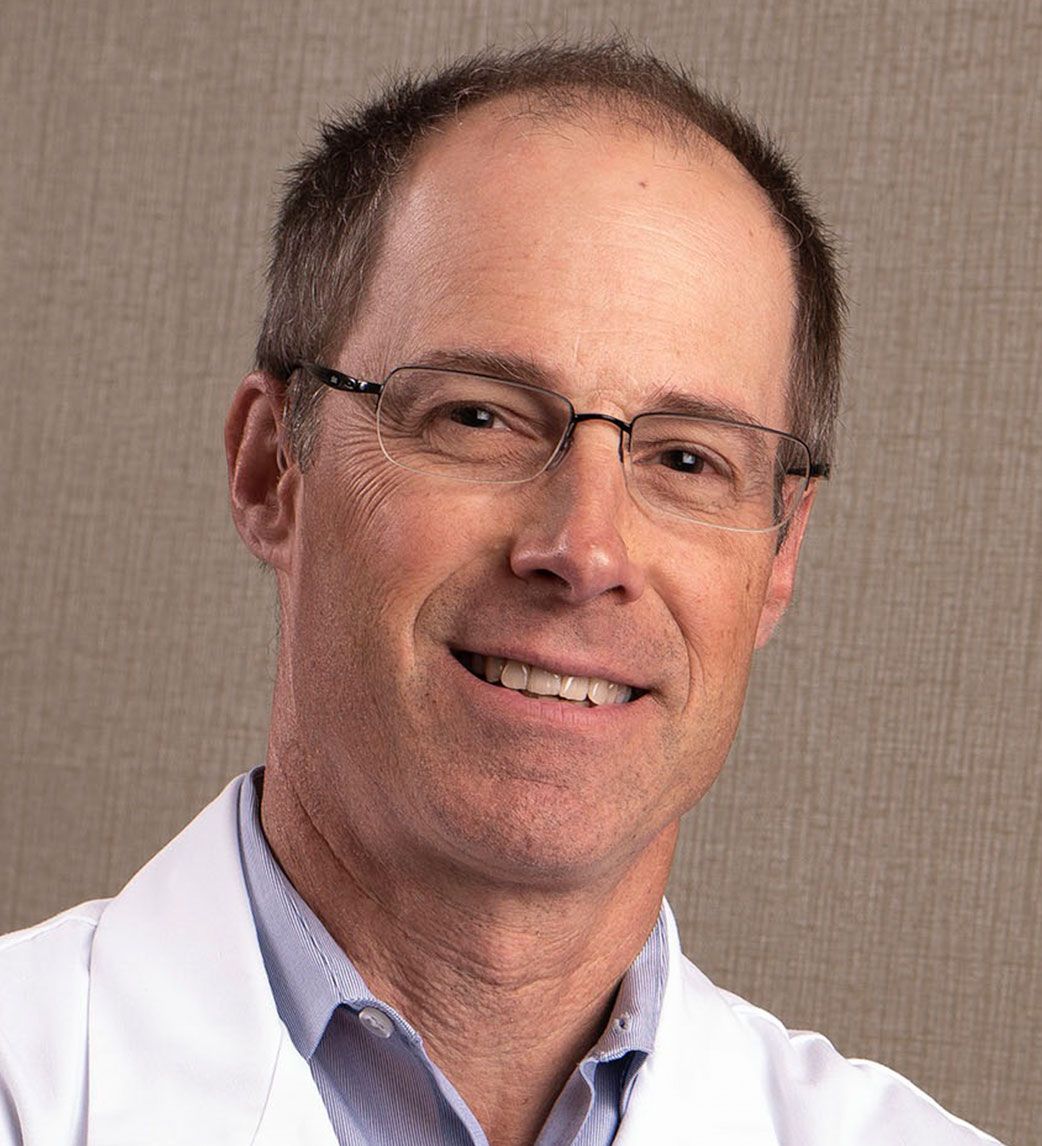

Donor selection for pancreas transplantation
Bio
Surgery - Transplantaiton
University of Wisconsin
School of Medicine and Public Health
United States
Dr. Odorico is Director of the Pancreas and Islet Cell Transplantation Programs and Professor in the Department of Surgery, Division of Organ Transplantation at the University of Wisconsin-Madison School of Medicine and Public Health. He received his Chemistry BS from Duke University, and M.D. from New York University. He completed General Surgery training as well as a post-doctoral research fellowship, at the University of Pennsylvania and Organ Transplant Fellowship at University of Wisconsin. Dr. Odorico has an active, extramurally funded research laboratory that focuses on beta cell differentiation from pluripotent stem cells. He has previously served as President of IPITA and Chair of the UNOS Pancreas Committee. He is also the scientific co-founder of Regenerative Medical Solutions, Inc.
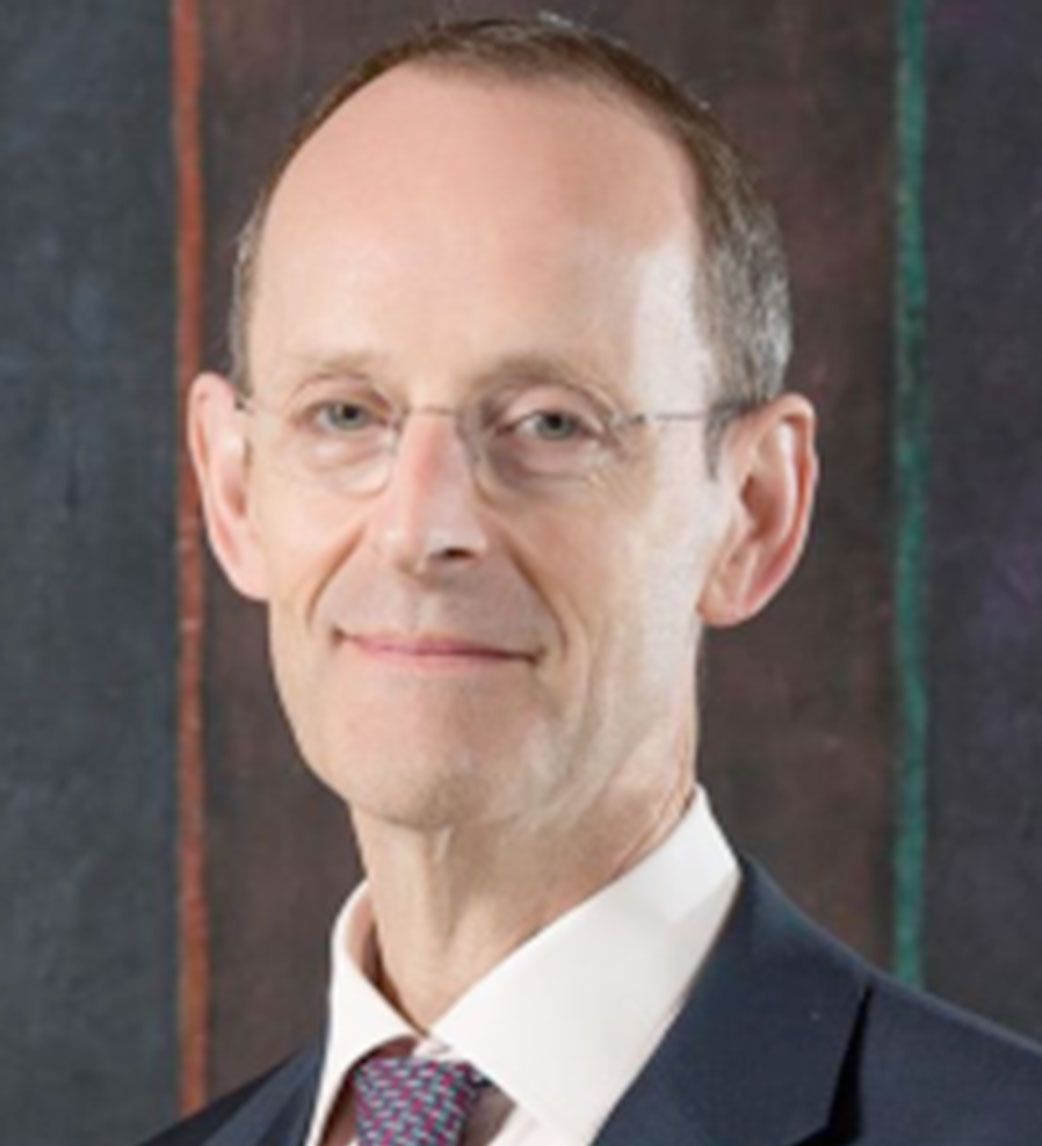

Pancreas transplantation from DCD donors
Bio
University of Oxford
United Kingdom
Peter Friend obtained his medical degree (MB BChir) from the University of Cambridge (Magdalene College). He is a Fellow of the Royal College of Surgeons (Eng) and has a doctoral degree (MD) from the University of Cambridge. After specialist training, he spent a year as Assistant Visiting Professor of Surgery, Indiana University, USA. In 1989, he returned to the UK as Lecturer in Surgery (Honorary Consultant Surgeon), University of Cambridge; he was also Fellow and Director of Studies in Medicine, Magdalene College, Cambridge. In 1999, he was appointed as Professor of Transplantation, University of Oxford (Honorary Consultant Surgeon); he is also Director of the Oxford Transplant Centre and Fellow of Green Templeton College. Peter Friend’s clinical commitments include organ transplantation (kidney, pancreas, intestine) and hepatobiliary surgery. He heads a translational research group and is author of scientific papers and chapters on clinical transplantation, organ perfusion, immunosuppression, monoclonal antibodies, xenotransplantation, and hepatobiliary surgery. He is chairman of the Multivisceral and Composite Tissue Advisory Group to NHSBT and a past-president of the British Transplantation Society
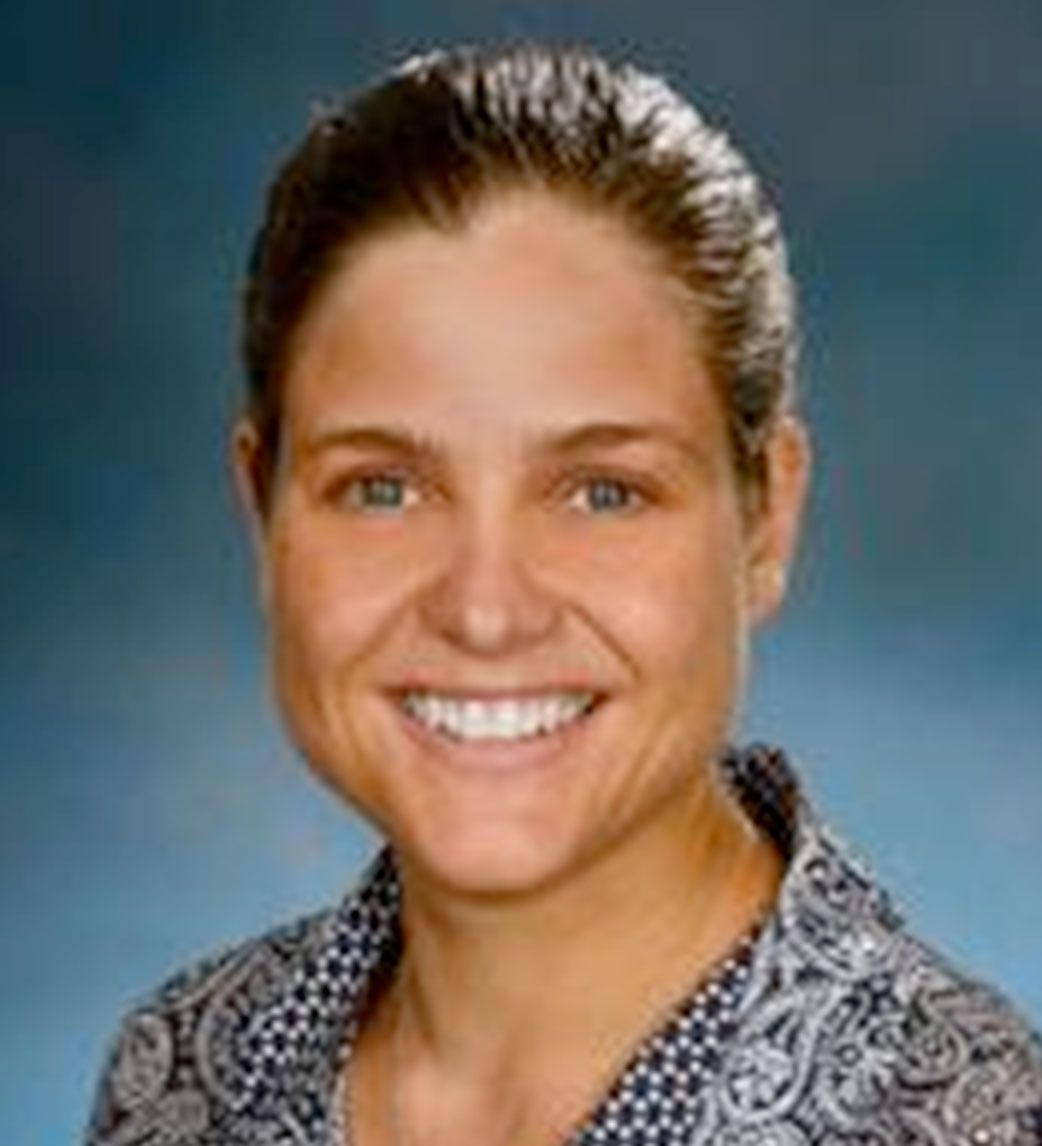

Introduction to Pancreas and Islets allocation models*
Bio
General and Transplant Surgery
University of Maryland Medical Center
United States
Silke Niederhaus, M.D. is a clinical assistant professor of surgery at the University of Maryland School of Medicine. She received her medical degree from University of Alabama School of Medicine and completed her surgical residency and a two-year research fellowship at the University of Wisconsin. Following residency, Dr. Niederhaus completed two years of sub-specialty training in abdominal transplantation, also at the University of Wisconsin. Dr. Niederhaus specializes in kidney transplant and pancreas transplant, laparoscopic and single-port donor nephrectomy, and dialysis access. Dr. Niederhaus has a number of papers and abstracts published, many centering on organ transplants and organ donors and recipients. Dr. Niederhaus received a kidney transplant herself more than 25 years ago and therefore brings a unique perspective to the field of transplantation and immunosuppression management.
Peri-operative issues
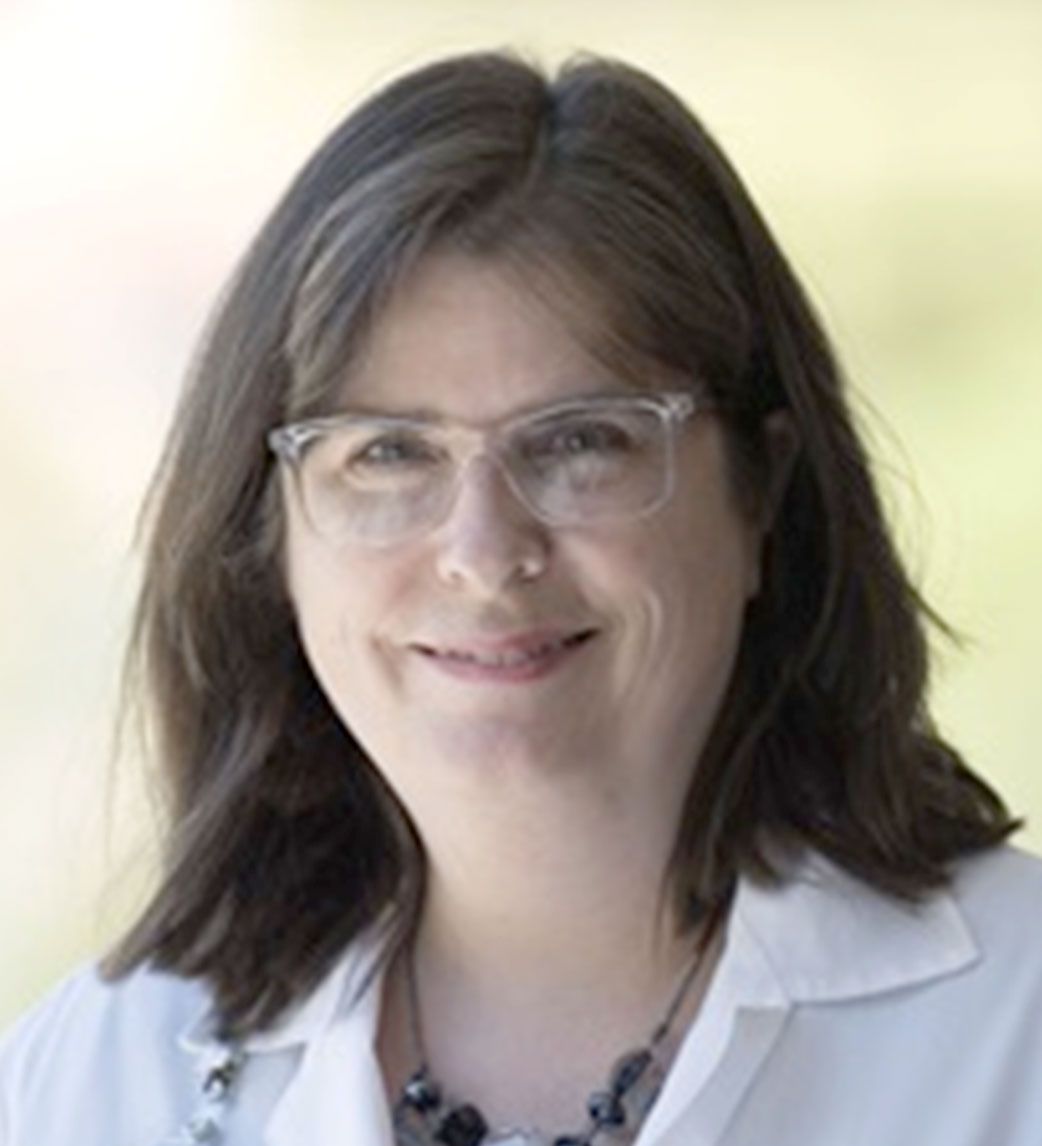

Donor surgery for pancreas and islet transplantation*
Bio
Professor of Surgery
Surgical Director, Kidney and Pancreas Transplant Programs
University of Pennsylvania
United States
Dr. Dunn is a professor of surgery at the Hospital of the University of Pennsylvania where she is the Surgical Director of the Kidney and Pancreas Transplant programs. She has expertise in living kidney donation and transplantation, transplantation of the pancreas, and total pancreatectomy and islet transplantation for pancreatitis, specializing in the care of the diabetic transplant patient. She has been actively involved in clinical outcomes research and translational research throughout her career. Dr. Dunn’s main contributions to the field are in the recognition of the impact of donor sensitization/HLA incompatible transplantation on outcomes of kidney transplant, and she is an internationally recognized expert in pancreas retransplantation and islet autotransplantation. Dr. Dunn enjoys teaching clinical surgery to students, residents and fellows, and in particular, participating in the development of young women surgeons in training.
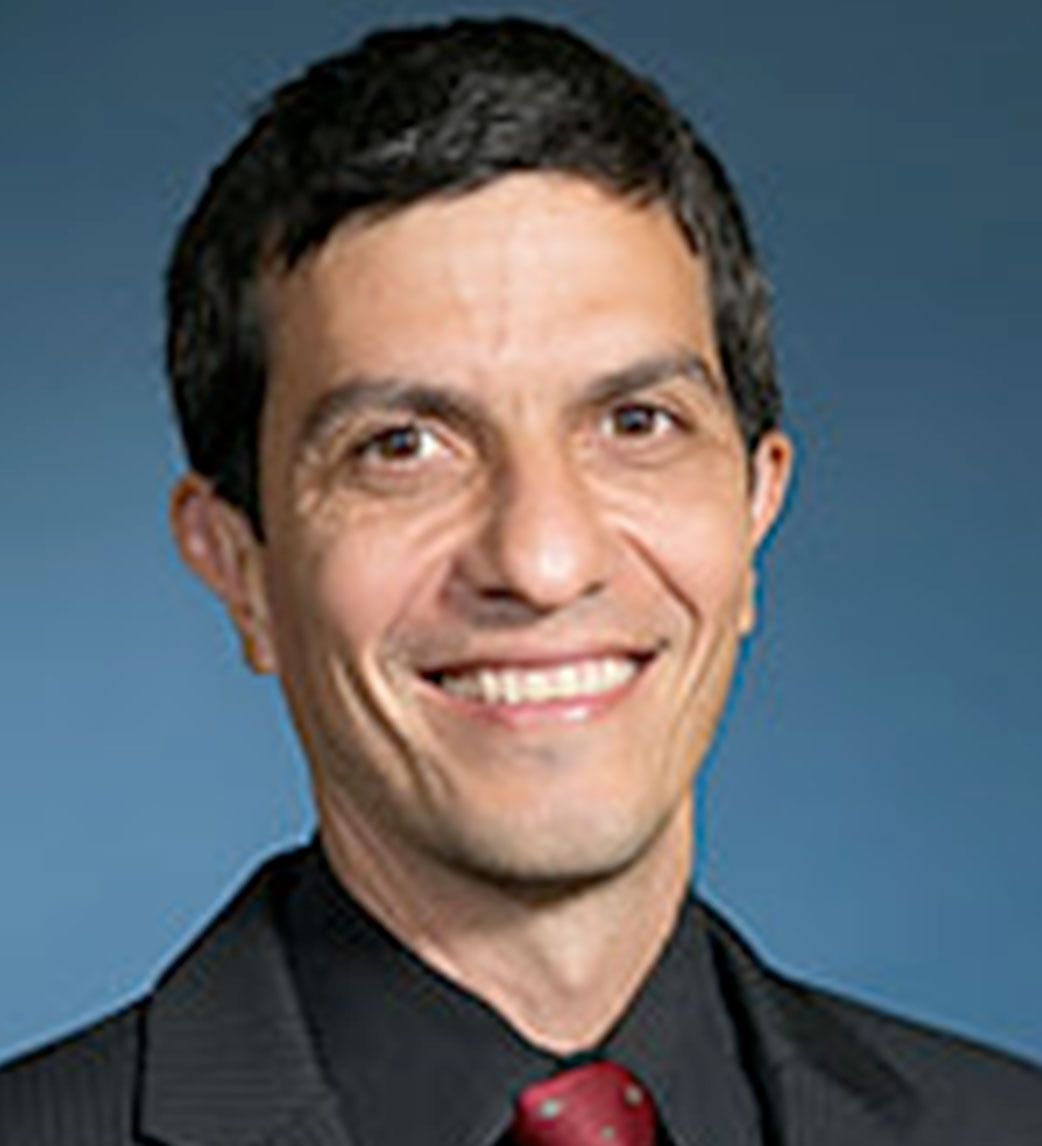

Back table preparation
Bio
University of Massachusetts Medical School
United States
Bio TBA
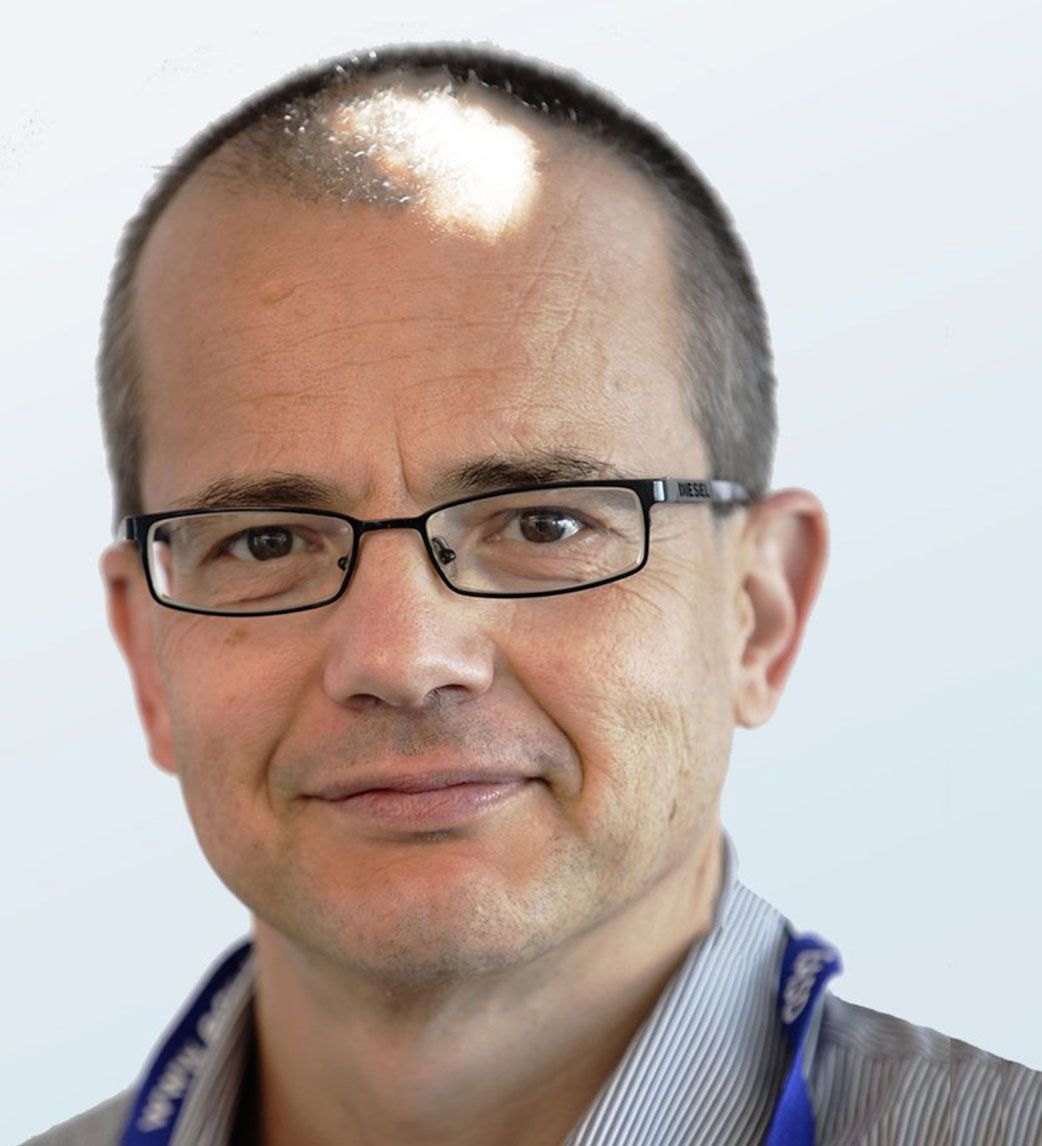

Recipient surgery
Bio
General and Transplant Divisions
University of Pisa, Italy
Dr. Boggi is a world-renowned, gastrointestinal and transplant surgeon with a strong expertise in the surgical treatment of hepato-biliary and pancreatic cancers as well as in pancreas and renal transplantation. Dr. Boggi practices state-of-the-art robotic surgery having performed the first world robotic pancreas transplant and the first world robotic distal selective spleno-renal shunt for the treatment of severe portal hypertension. Dr. Boggi has one of the world’s largest experiences in robotic pancreatic surgery, including robotic pancreatoduodenectomy, and in extended pancreatectomies with resection of peripancreatic arteries.
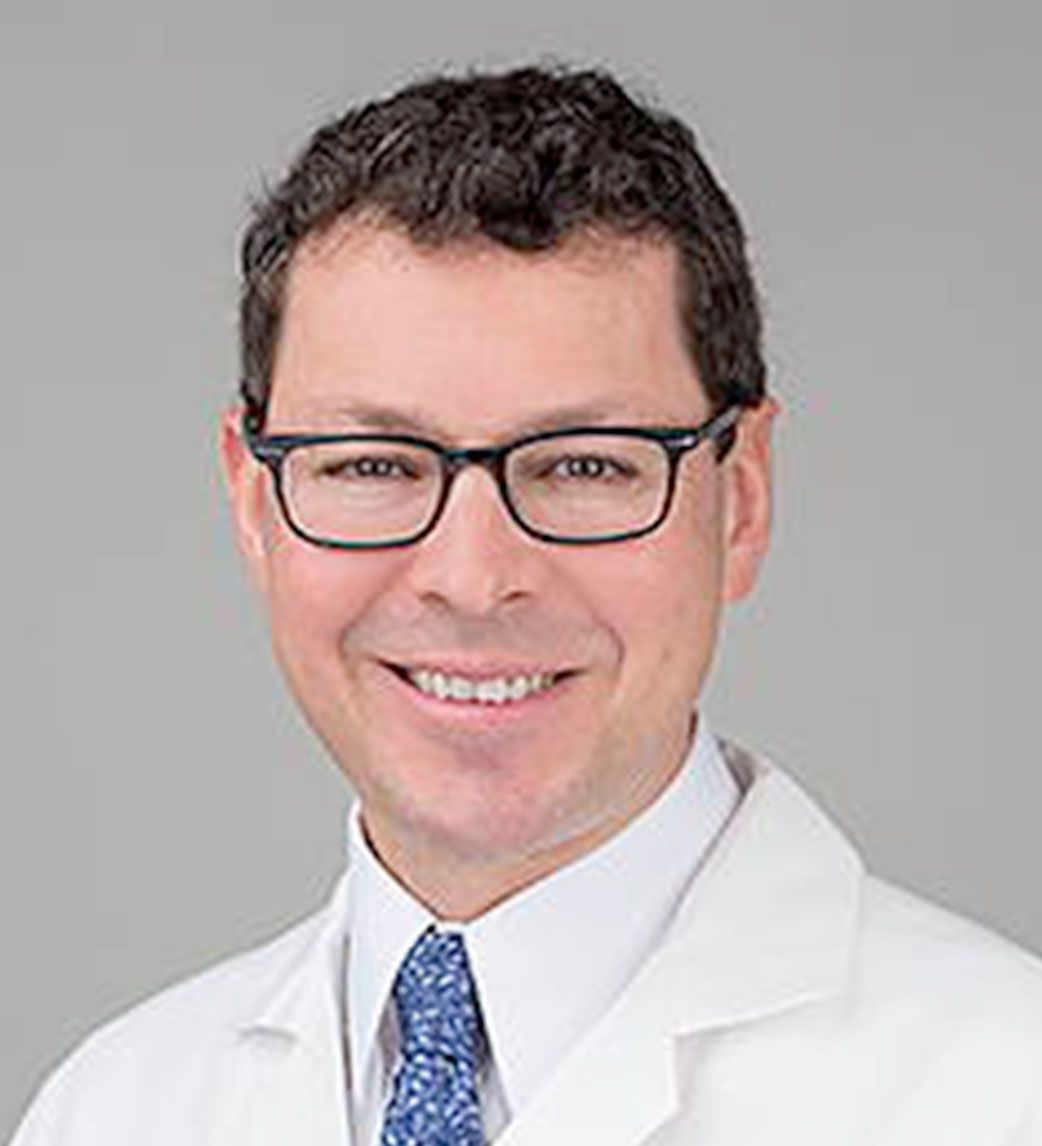

Laparoscopy and robotics in live and deceased donor pancreas tx
Bio
Biomedical Engineering and Surgery
University of Virginia
United States
José Oberholzer, MD, MHCM, FACS, is a researcher and surgeon and the director of the Charles O. Strickler Transplant Center. Dr. Oberholzer has performed over 1,000 transplant-related surgeries and is an expert in liver, kidney, pancreas and small bowel transplants, as well as organ transplants in patients with diabetes. In addition to his clinical practice, Dr. Oberholzer specializes in islet transplantation and parathyroid transplantation, as well as vascular access for hemodialysis and peritoneal dialysis catheter placements. Additionally, he practices minimal invasive, robotic assisted surgery, including robotic kidney and pancreas transplantation, living donor nephrectomy, adrenalectomy, liver and pancreas surgery and hernia surgery.
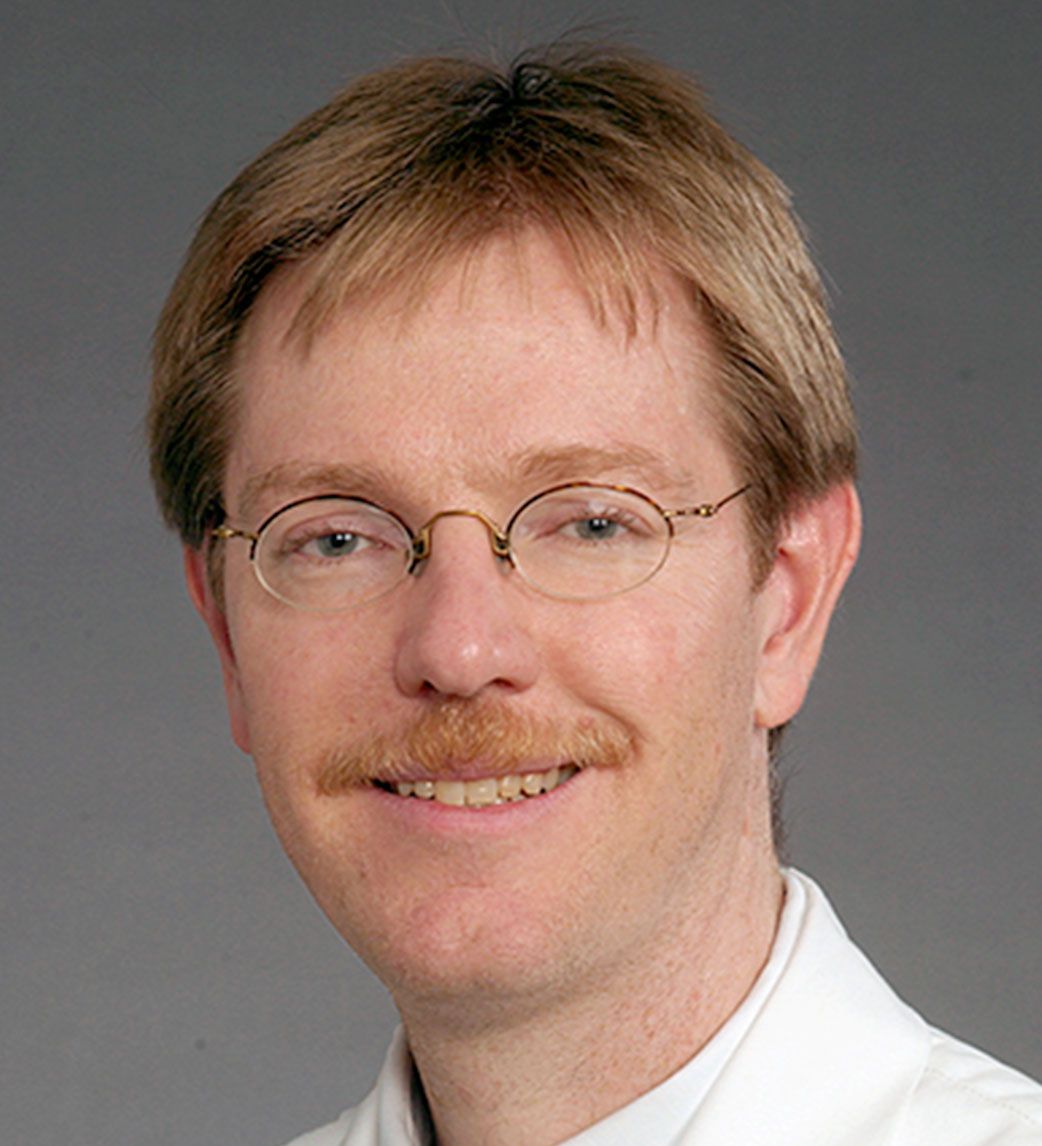

Surgical complications after pancreas transplantation
Bio
Wake Forest Baptist Health
United States
BIO TBA
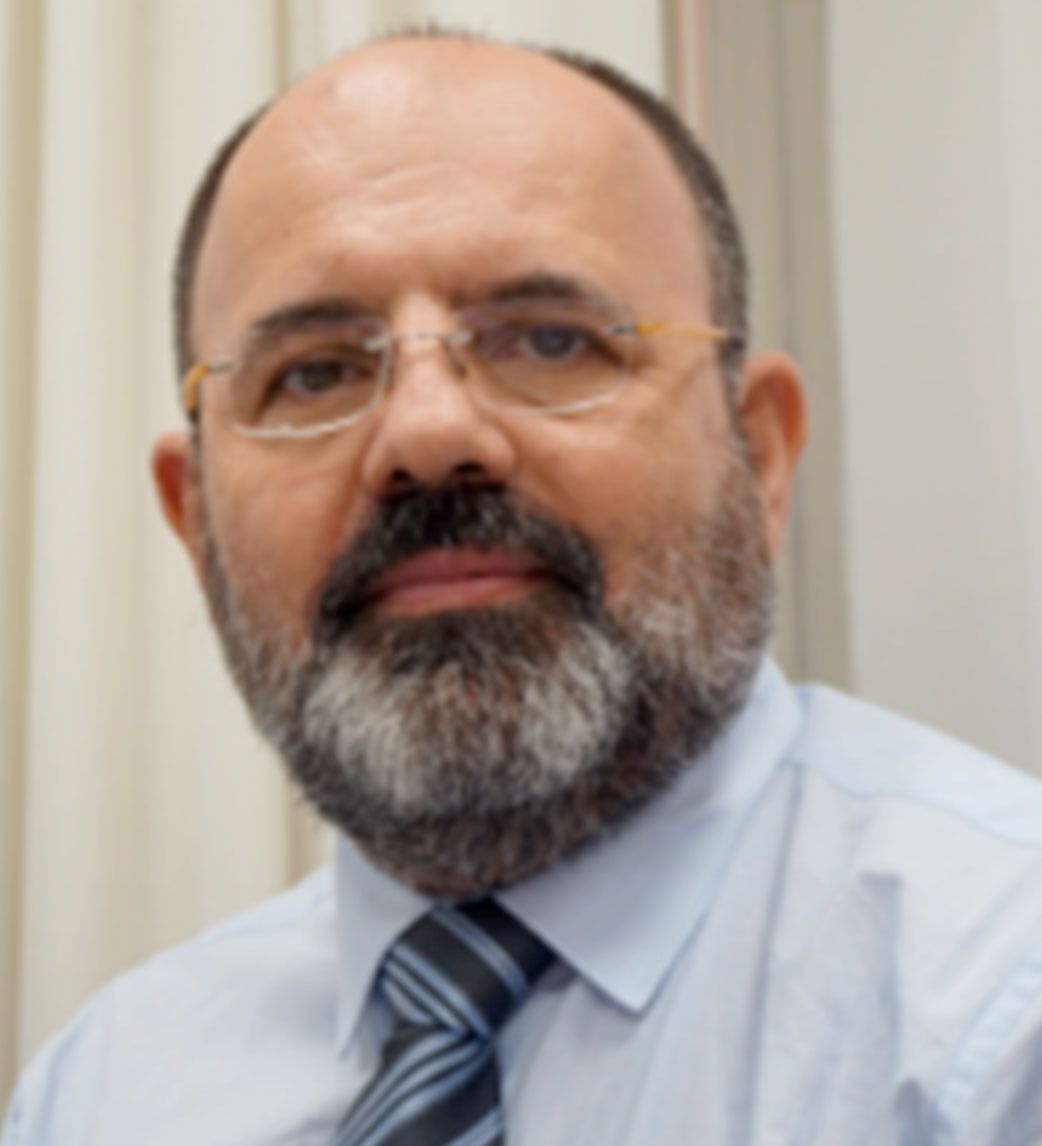

Peri-operative management of pancreas transplantation
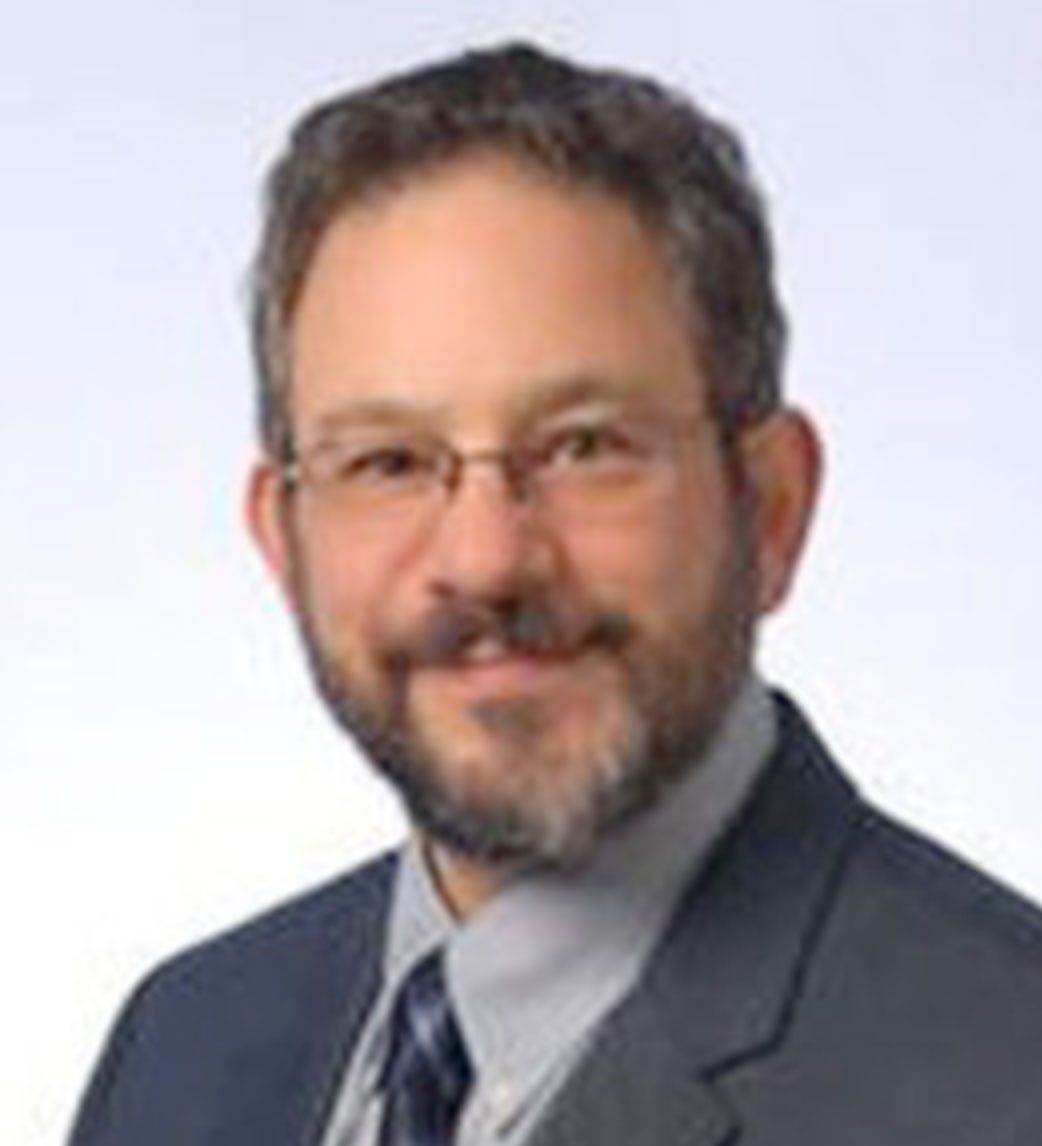

Graft pancreatectomy and pancreas re-transplantation
Bio
Surgical Director, Pancreas Transplant Program,
Indiana University Health Transplant Center
United States
Dr. Jonathan Fridell’s area of clinical practice is pancreas transplantation, either with a kidney transplant or alone, for patients with Type 1 diabetes with hypoglycemic unawareness. He is the chief of abdominal transplantation and surgical director of the IU Health pancreas transplant program, one of the highest volume programs in the country since 2007. He joined the Indiana University School of Medicine in 2002 where he is chief of the division of abdominal transplant surgery. Dr. Fridell has been involved in the growth of the pancreas and liver transplant programs and helped initiate the intestine/multivisceral transplant program at IU Health. Dr. Fridell is a native of Montreal, Canada, where he received his MD degree and surgical training at McGill University. He completed a transplant surgery fellowship at the Thomas E. Starzl Transplant Institute at the University of Pennsylvania. Dr. Fridell’s expertise and research interests include pancreas and liver transplantation. As a leader in his field, he is past chair of the United Network for Organ Sharing (UNOS) Pancreas Transplant Committee as well as associate editor of the American Journal of Transplantation and deputy editor of Clinical Transplantation.
Immunological aspects and long-term follow-up
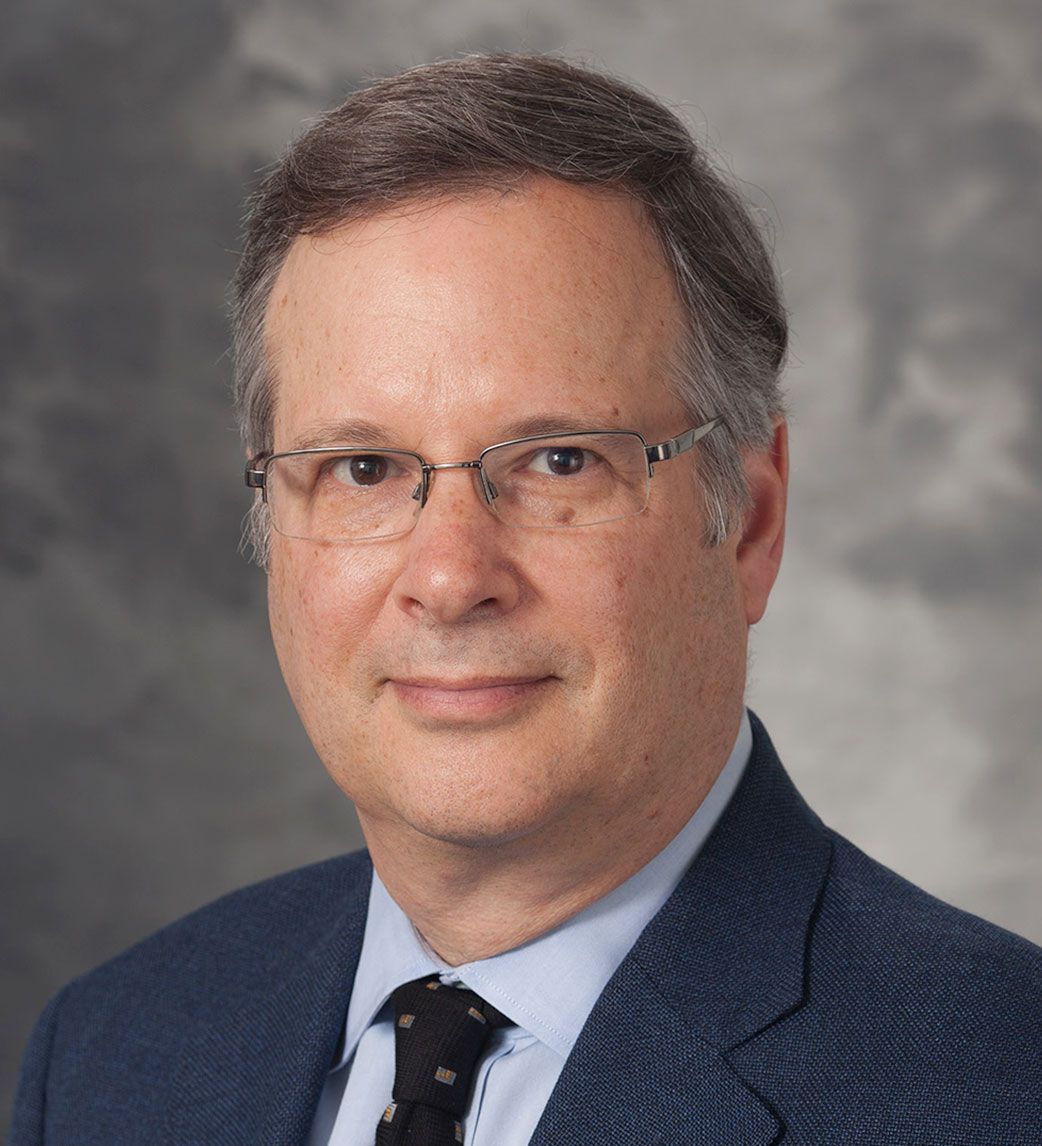

Immunosuppression protocols in pancreas transplantation
Bio
Division of Transplantation
University of Wisconsin
United States
Dixon B. Kaufman is the Ray D. Owen Professor and Chair of the Division of Transplantation of the Department of Surgery at the School of Medicine and Public Health of the University of Wisconsin - Madison. He is also the Transplant Service Line Director of the University of Wisconsin Hospitals and Clinic, and the surgical director of the Kidney Transplant Program. His clinical focus has been on kidney, pancreas and islet transplantation. He was the first in the U.S. to conduct pancreas transplants using protocols of alemtuzumab induction, and prednisone-free immunosuppression. His clinical experience in islet transplant included particiption in the National Institutes of Health (NIH)-supported Clinical Islet Transplant (CIT) consortium. His basic research efforts have focused on the immunobiology of islet transplantation, and most recently, kidney transplant immunological tolerance induction, the later supported by the NIH Non-human Primate Consortium Study Group. His CV lists over 200 manuscripts and book chapters. Dr. Kaufman has held national leadership positions in many facets of the transplant field. He is currently President-elect of the ASTS. Dr. Kaufman is also active with the United Network for Organ Sharing (UNOS), recently completing service as a member of the Executive Board. Dr. Kaufman is an associate editor for the American Journal of Transplantation, Transplantation Journal, and Clinical Transplantation Journal.
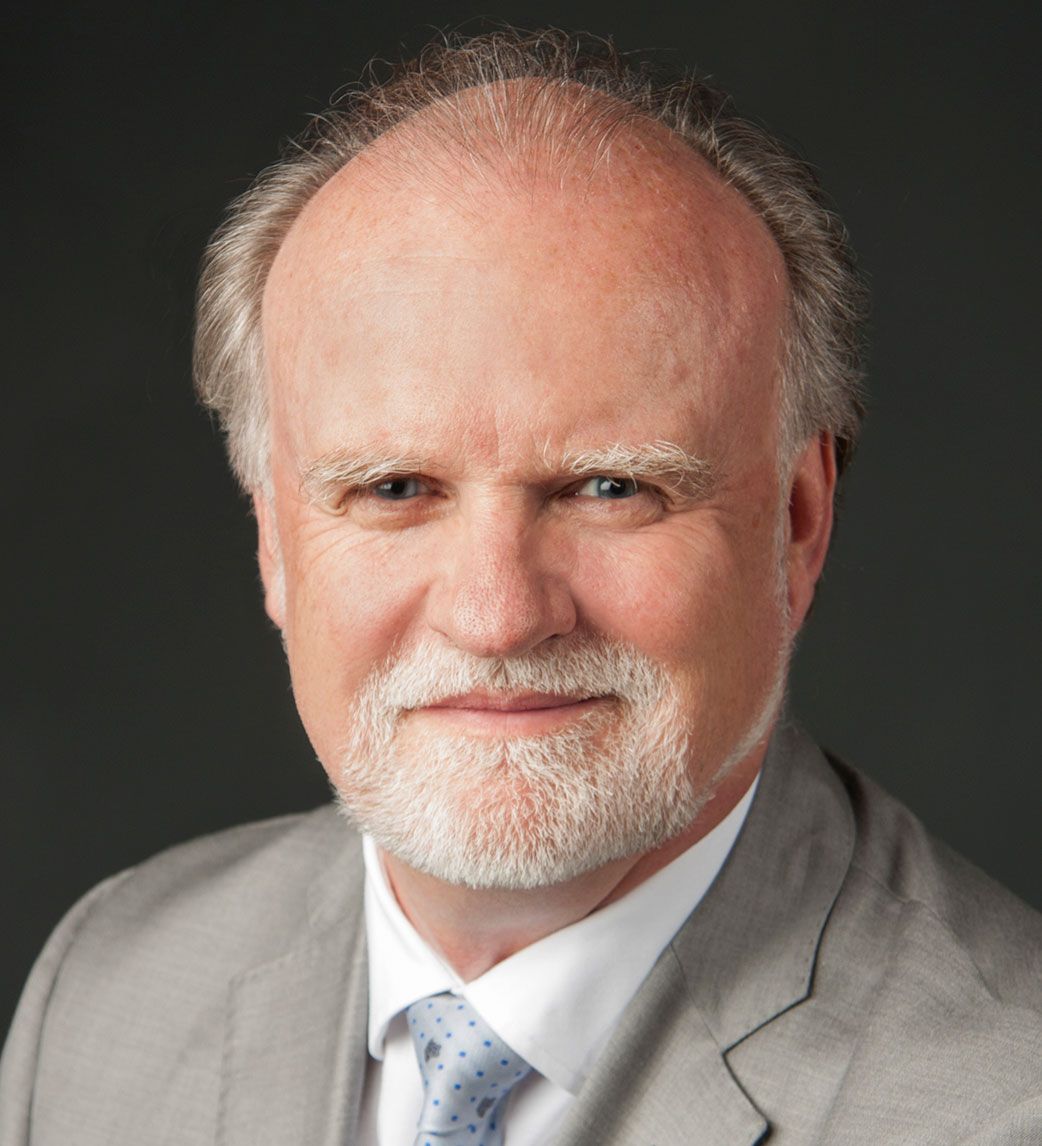

Medium and long-term monitoring after pancreas transplantation
Bio
Transplant, General and
Hepatopancreaticobiliary (HPB) Surgery,
SUNY Downstate Health Sciences University
United States
BIO TBA
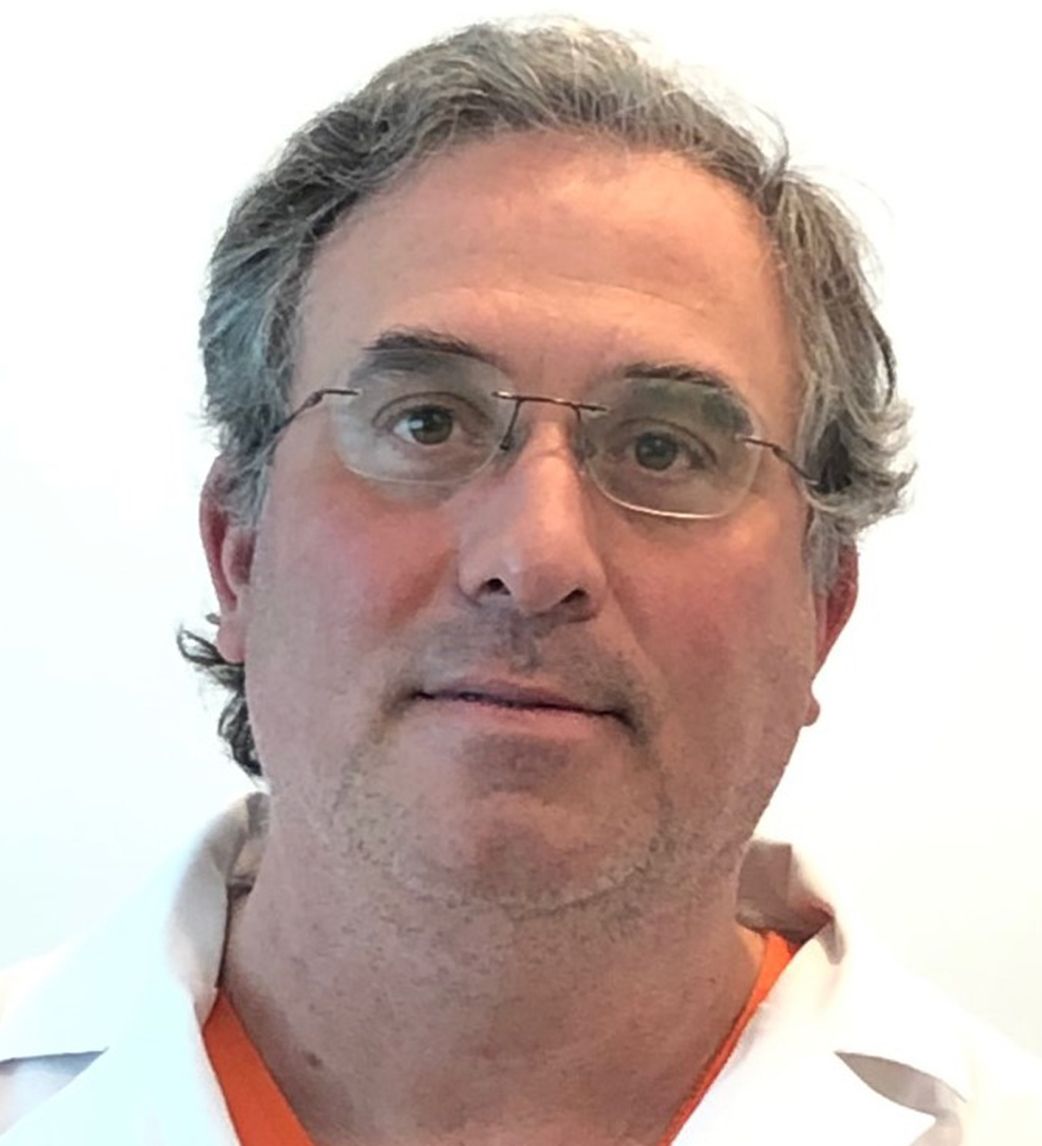

Technique of Pancreatic biopsies and Diagnosis of Pancreas Rejection
Bio
Chief, Department of Pancreas Transplantation
Instituto de Trasplantes y Alta Complejidad (ITAC – Nephrology)
Buenos Aires, Argentina
- Member, Education Committee. (TTS)
- Member, Membership and Outreach Committee. (IPITA)
- Co-Director, IPITA Curricula
- President, Pancreas Transplant Committee. (STALyC)
- Board Member, Sociedad Argentina de Trasplantes (SAT)
- MD, Facultad de Medicina, Universidad de Buenos Aires, Buenos Aires, Argentina
- Residency, General Surgery, Hospital General de Agudos “Dr. Cosme Argerich”, Buenos Aires, Argentina
- Fellow, Transplant and Hepatobiliary Surgery, Recanati-Miller Transplant Institute, Mount Sinai Hospital, New York, NY, USA
- Clinical Pancreas transplantation
- Regenerative medicine
- Anti-HLA donor specific antibody monitoring in pancreas transplantation: Role of protocol biopsies. Uva P, Quevedo A, Roses J, Toniolo F, Pilotti R, Chuluyan E, Casadei. Clin Transplant 2020;34(8):e13998
- Graft dysfunction in simultaneous pancreas kidney transplantation. Results of concurrent kidney and pancreas allograft biopsies. Uva P, Pappadimitriou JC, Drachenberg CB, Toniolo F, Quevedo A, Dotta A, Chuluyan E, Casadei D. Am J Transplant 2019;19:466-474.
- Laparoscopic biopsies in pancreas transplantation. Uva P, Odorico J, Giunippero A, Cabrera I, Gallo A, Leon L, Minue E, Toniolo F, Gonzalez I, Chuluyan E, Casadei D. Am J Transplant 2017;17:2173-2177.
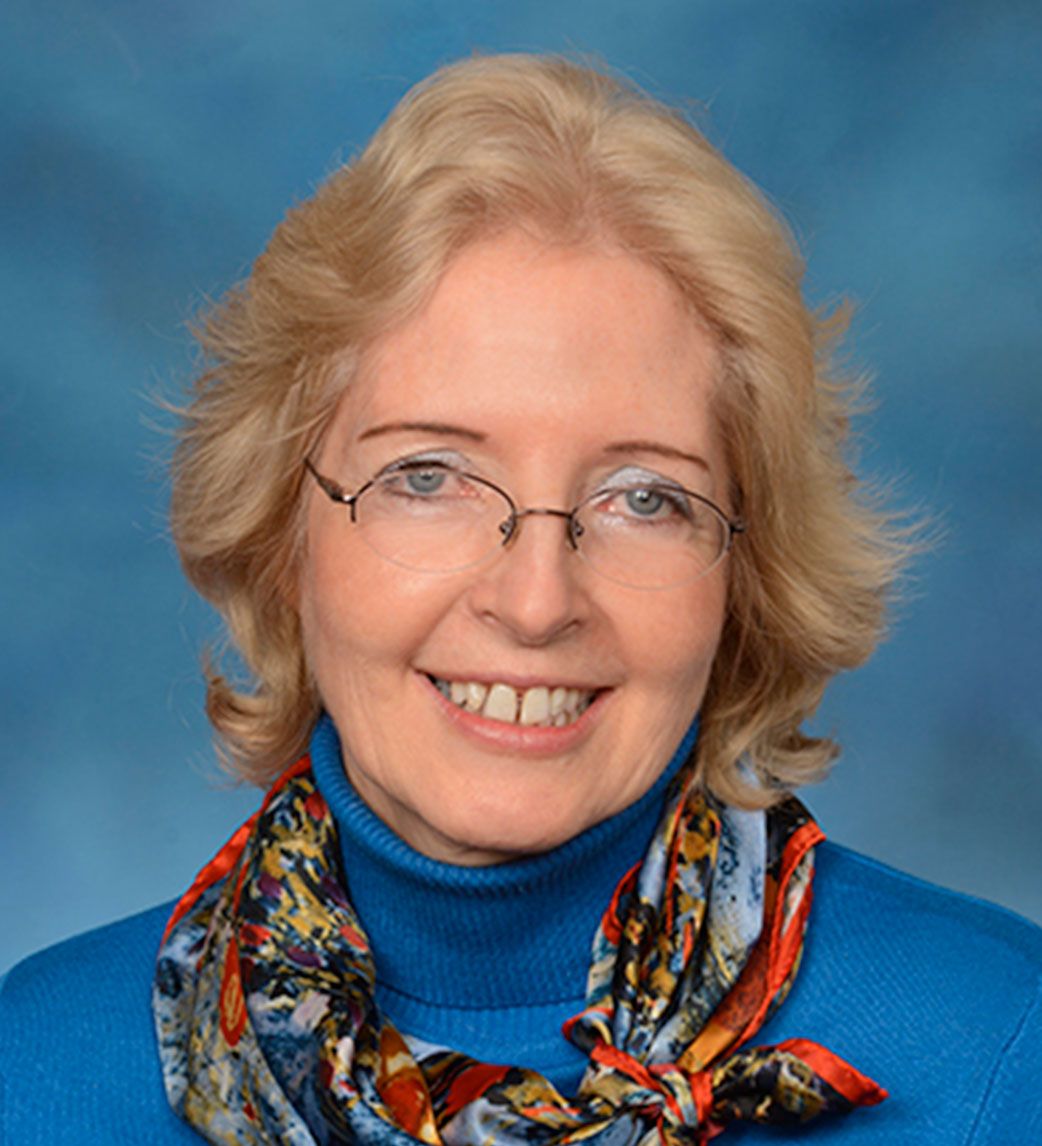

Interpretation of pancreas graft biopsies
Bio
University of Maryland School of Medicine
United States
BIO TBA
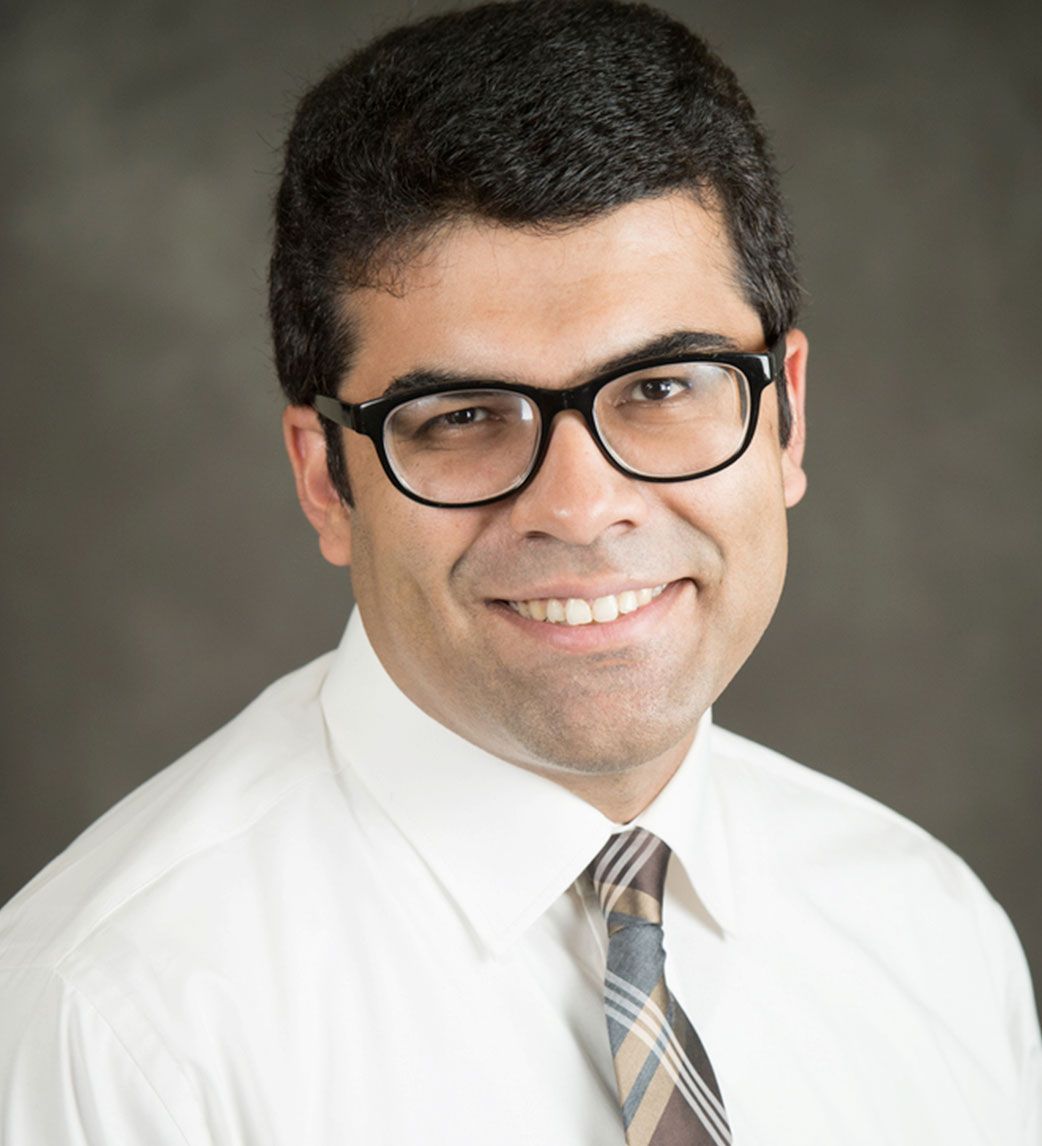

Treatment of pancreas rejection
Bio
University of Wisconsin
School of Medicine and Public Health
United States
Fahad Aziz is a transplant nephrologist who provides care for kidney and pancreas transplant recipients. He joined the University of Wisconsin, after finishing his transplant fellowship at the same institution. He did his internal medicine internship and residency from Jersey City medical center affiliated with Mount Sinai school of medicine. He finished his general nephrology fellowship from University of Missouri. He is an active member of the American Society of Nephrology and the American Society of Transplantation. He is also board-certified advance hypertension specialist. Dr. Aziz’s clinical specialties include the evaluation and management of advanced kidney disease, including the management of kidney and pancreas transplant candidates and recipients. His research interest includes post-transplant cardiovascular disorders, post-transplant hypertension, simultaneous heart and kidney transplants, pancreas allo-immunity and rejection. He has a strong interest in medical education and plays an active role in teaching fellows, residents and medical students. He is currently an Assistant Professor of Medicine and Associate program director of the transplant fellowship program in the Division of Nephrology at the University of Wisconsin.
Outcomes
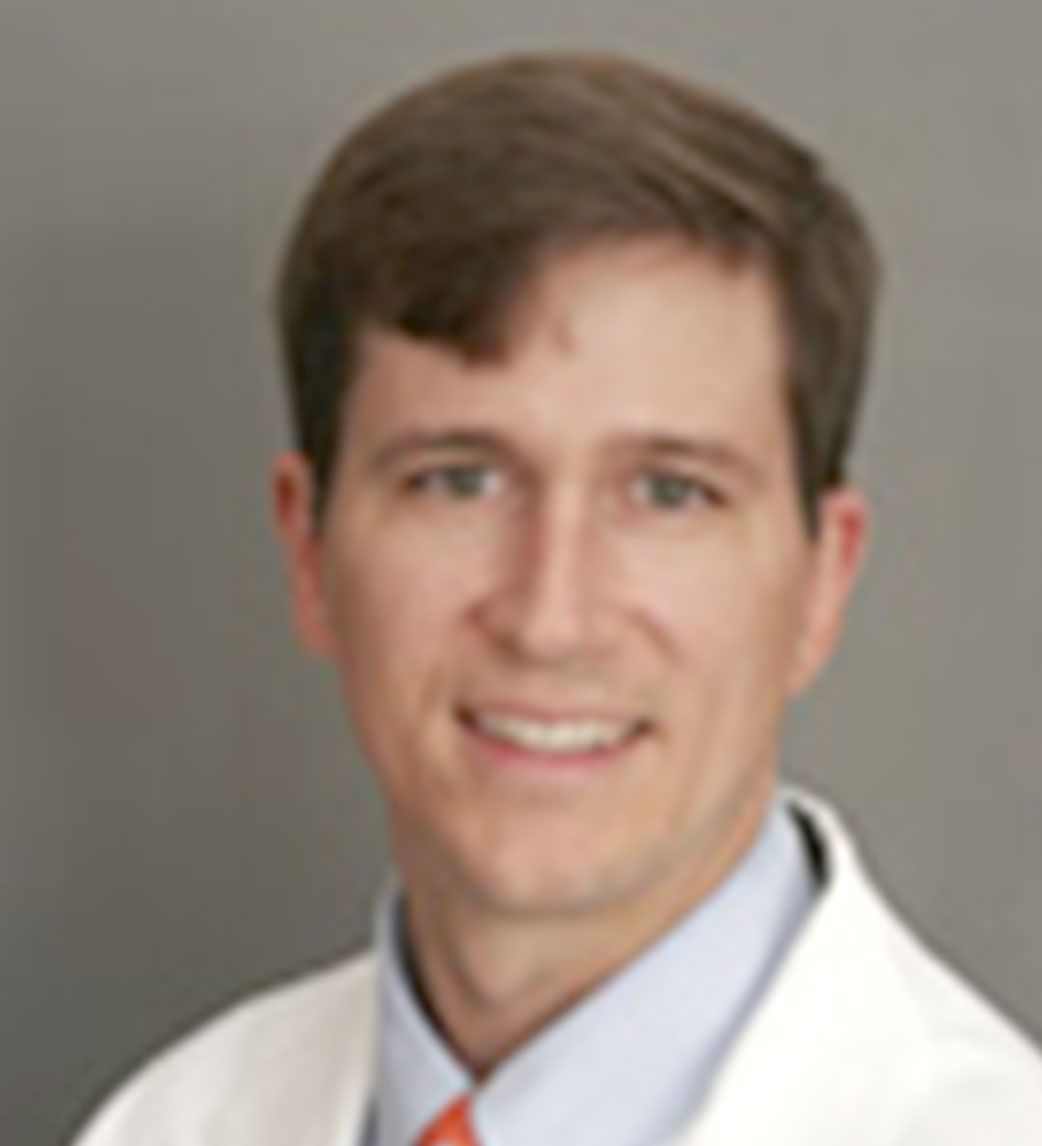

Definition of allograft graft function and failure in pancreas and islet transplantation*
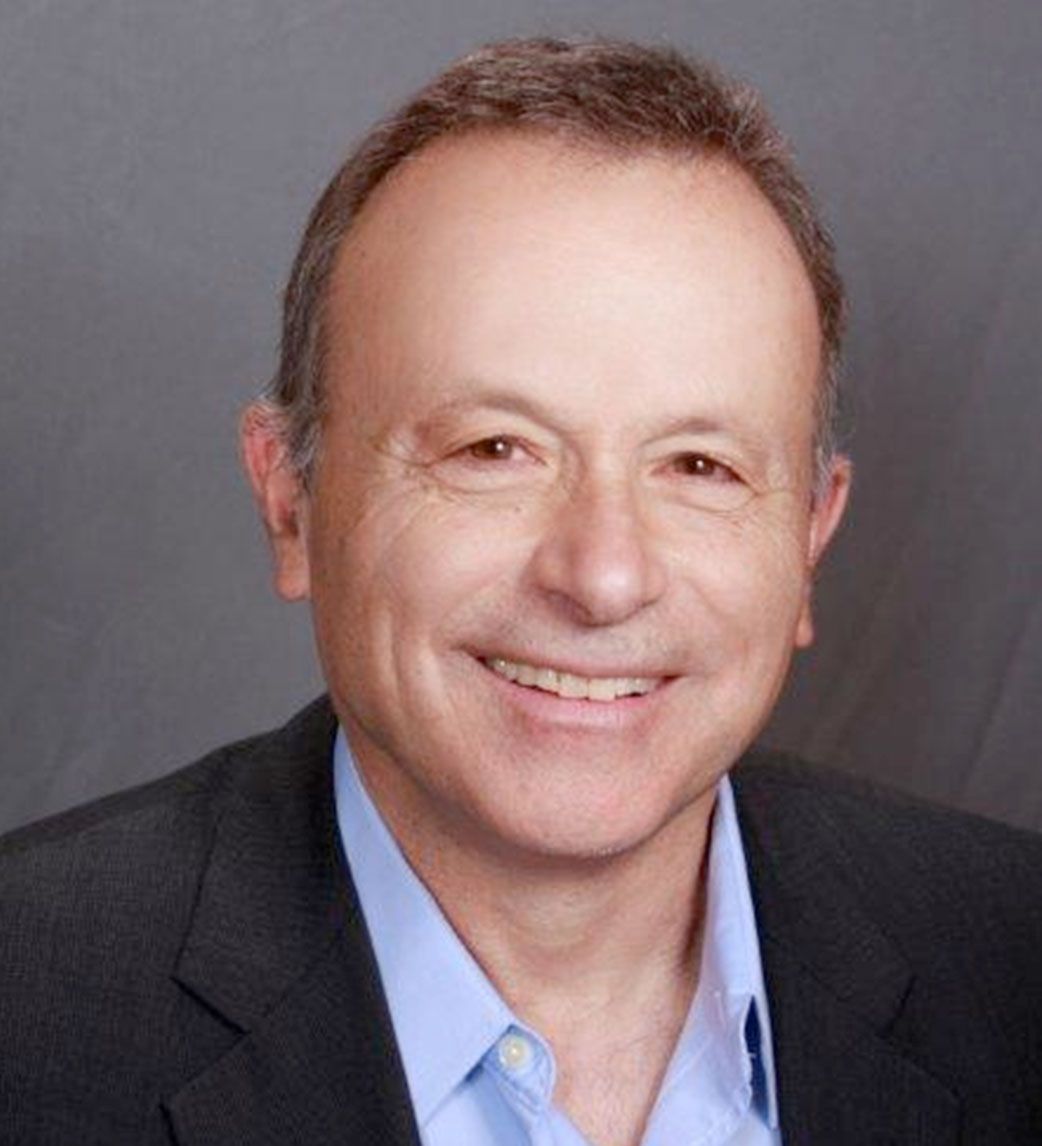

Outcome measures of immunologic mechanisms*
Bio
Kidney and Pancreas Transplant and
Pediatric Kidney Transplant Programs
UCSF, United States
Dr. Peter Stock is a multiorgan transplant surgeon at the University of California, San Francisco, and performs kidney, pancreas and liver transplants. He also serves as the Surgical Director of the Kidney and Pancreas Transplant Program at UCSF, as well as the Pediatric Kidney Transplant Program. His translational research explores beta cell replacement for the treatment of Type 1 diabetes, and he is currently co-Director of the UCSF Pancreatic Islet Transplant Program and was co-PI on the CIRM (California Institute of Regenerative Medicine) stem cell initiative to bring stem cell-derived beta cells to a clinical trial. He is the Principal Investigator on the NIH U01 multicenter trial studying the immune response following liver and kidney transplants in people with HIV.
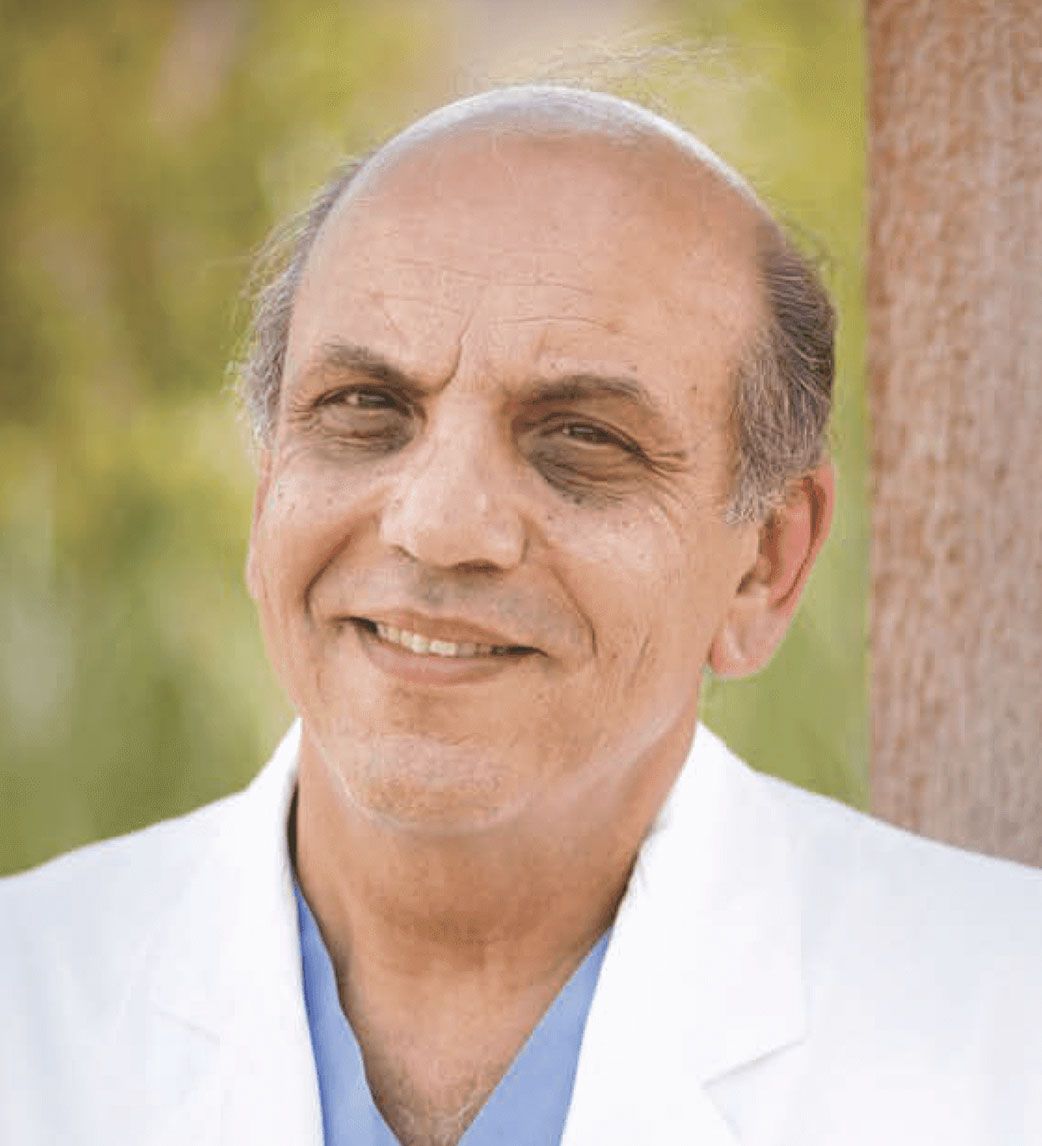

Long term outcomes of pancreas transplantation
Bio
United States
Dr. Gaber serves as Chair of Houston Methodist's Department of Surgery. He received his first academic appointment in 1987, as an Assistant Professor in the Department of Surgery at the University of Tennessee in Memphis. He became an Associate Professor there in 1991, and received his full professorship and was named to the Baptist Memorial Health Care Foundation chair of excellence in transplantation in 1994. While at the University of Tennessee, Dr. Gaber also held professorships in the Departments of Pharmacy and in the College of Nursing. He was also the Medical Director for the University of Tennessee Bowld Hospital, and the Methodist University Transplant Institute.
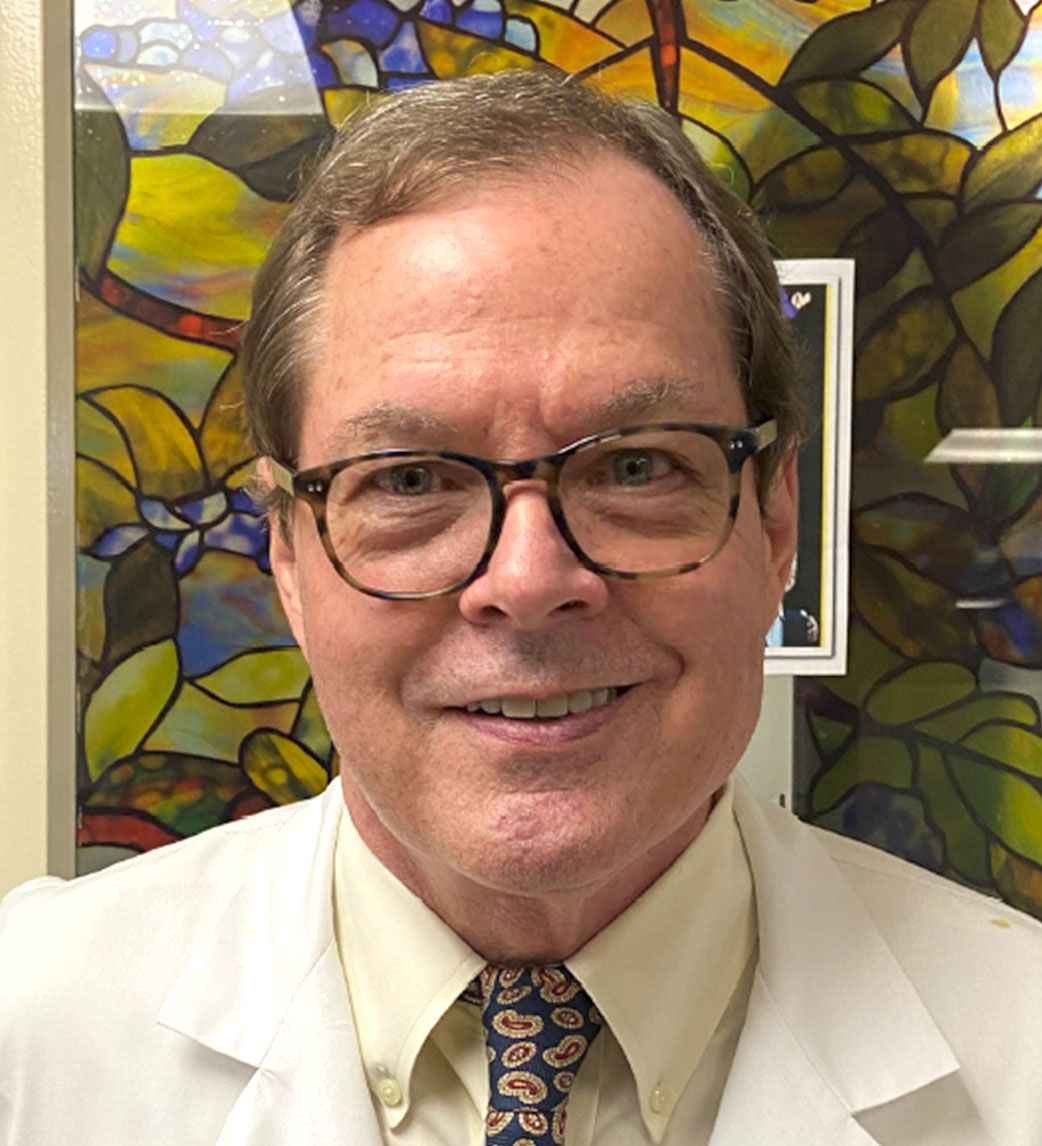

Recurrence of autoimmunity in pancreas transplantation
Bio
The Joshua Miller MD Chair in Transplant Surgery
United States
I am a transplant surgeon with a special interest in recurrence of disease after kidney or kidney-pancreas transplantation.
Along with Dr. Alberto Pugliese, we have been involved in studying recurrence of auto-immunity in those patients with type 1 diabetes (T1D) and end stage renal disease who underwent a kidney-pancreas transplant in the past. Our intention is to address the diagnosis and prediction of recurrent autoimmunity, a significant clinical problem, and to gain insight into the relationship between autoimmune humoral responses, cellular responses and disease progression in the transplanted allograft through biopsy. The pancreas transplant population provides a unique opportunity to conduct such studies, which are not feasible in TID patients who do not have a transplant. Our ultimate goal is to contribute to the possible treatment and cure of TlD through the application of therapy to T1DR.
Our other major interest is the treatment of children with focal segmental glomerulosclerosis (FSGS) and the problematic recurrence of proteinuria after kidney transplant. Our group initiated a protocol utilizing one dose of rituximab in addition to the standard induction immunosuppression protocol for pediatric patients with FSGS in order to mitigate against the recurrence of proteinuria after kidney transplantation. Serum was collected pre and post-transplant. Biopsies were performed pre and post reperfusion, looking for early changes consistent with podocyte foot process dysregulation. This led to our collaboration with Dr.Alessia Fornoni who demonstrated the favorable effect of rituximab clinically was associated with rituximab binding a novel target (SMPDL3B, a sphingomyelinase) on the podocyte membrane. This work has led to further work in which we used abatacept as rescue therapy for patients with recurrent proteinuria after kidney transplant for FSGS in the context of podocyte B7-l expression. Our collaborative work has the potential to shed light on the function of the podocyte, including its role in innate immunity, following transplantation, which may translate into the treatment of primary disease.
These two areas of research represent robust examples of "bedside to bench and back again'' translational research.
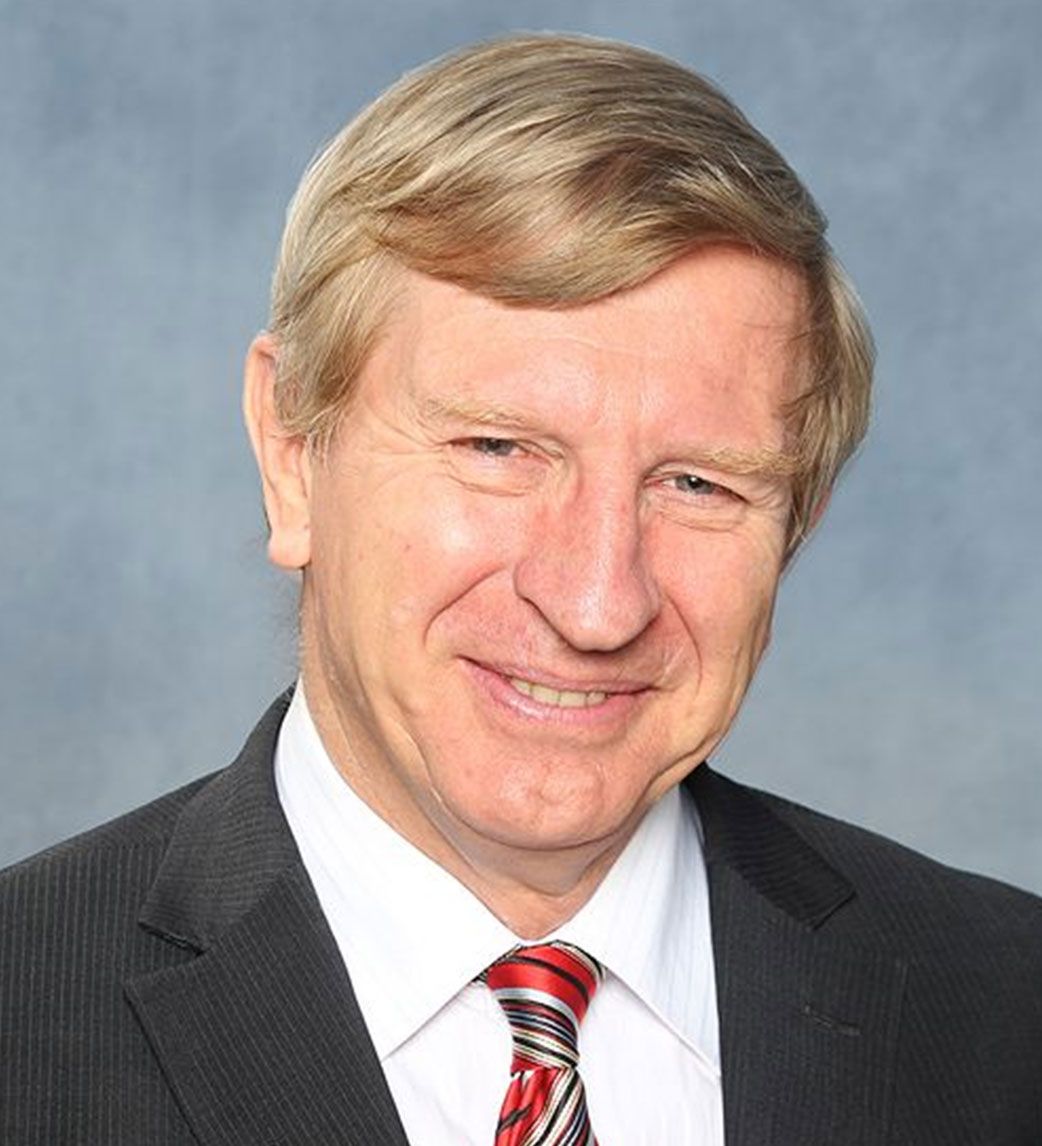

Impact of pancreas transplantation on secondary complications of DM
Bio
Westmead Hospital, Australia
Professor Jeremy Chapman is a nephrologist, Past Director of Medicine and Cancer, Westmead Hospital and Western Renal Services, Chairman of the Australian Bone Marrow Donor Registry, Past President of The Transplantation Society, Deputy Chair of the WSLHD Board, Advisory Member of The WHO Expert Advisory Panel on Human Cell Tissue and Organ Transplantation, Secretary General and Past President of the WMDA and founding Co-Chair of the Declaration of Istanbul Custodian Group.
Professor Chapman remains actively involved in the academic field as Editor-in-Chief for Transplantation and Transplantation Direct 2015-2020. He has published over 430 publications and has a current lifetime H Index of 79. He is a Clinical Professor at the University of Sydney, Fellow of the Royal College of Physicians in the United Kingdom, Fellow of the Royal Australasian College of Physicians, and Fellow of the Australian Academy of Health and Medical Sciences
Professor Chapman’s clinical work has been in renal medicine, transplantation of kidney and pancreas and diabetic renal disease and islet transplantation.
Other Beta-cell replacement strategies*
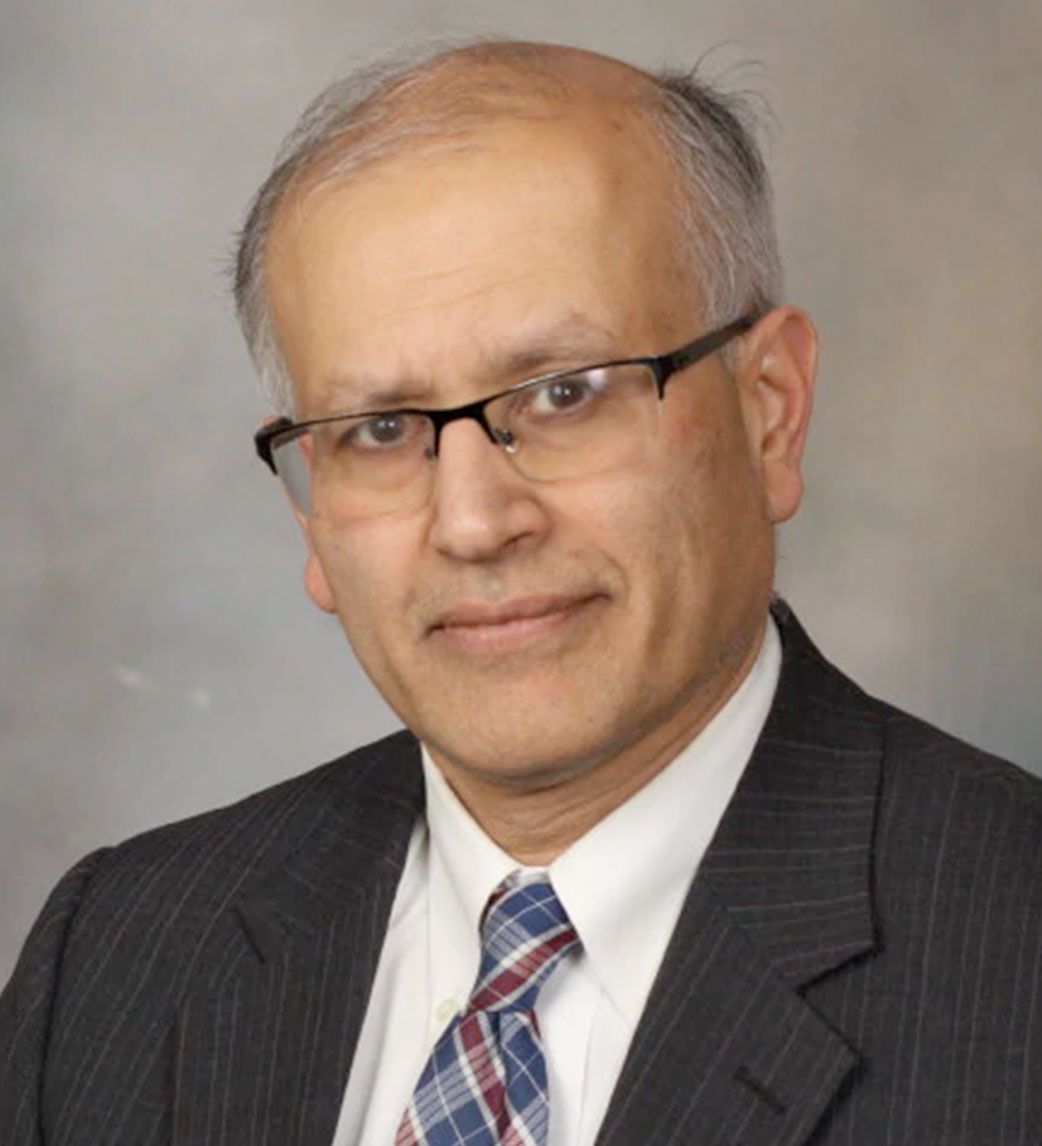

Artificial pancreas and closed loop derivery systems
Bio
Mayo Clinic, United States
The research of Yogish C. Kudva, M.B.B.S., centers on improving existing treatments and developing novel therapies for patients with type 1 diabetes. In particular, Dr. Kudva is interested in developing an effective artificial pancreas system to improve outcomes for patients with type 1 diabetes. Additionally, his research contributes to the creation of new and better cell replacement therapies for patients with type 1 diabetes.
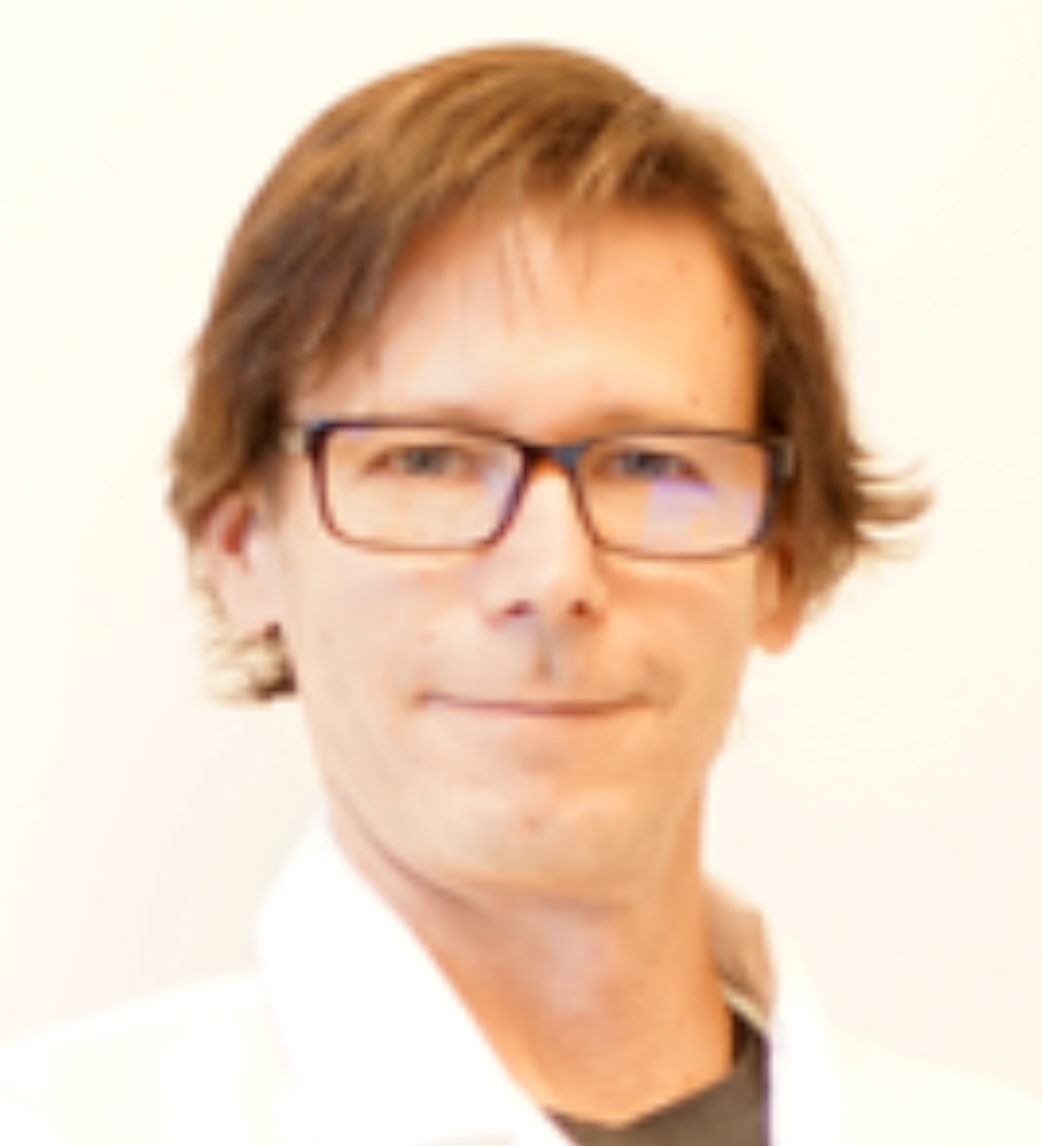

Stem cells as a source of insulin producing cells
Bio
& Physiological Sciences
School of Biomedical Engineering
Diabetes Research Group Leader
Life Sciences Institute
University of British Columbia, Canada
Dr. Kieffer’s laboratory is focused on the development of novel gene and cell therapy approaches to treat diabetes. He has co-authored >175 peer reviewed publications on these topics in addition to several book chapters and patents and given >100 invited presentations. He has mentored >40 graduate students and postdoctoral fellows in addition to numerous undergraduates and is an active teacher. He has received scholarships from the Canadian Diabetes Association (CDA), the Alberta Heritage Foundation for Medical Research, the Michael Smith Foundation for Health Research, and JDRF and his research has been supported by these agencies, in addition to the Canadian Institutes of Health Research (CIHR), Canadian Foundation for Innovation and the Stem Cell Network. Dr. Kieffer has also been a reviewer and member of grants review committees for these agencies, including serving as Scientific Officer and Chair on CIHR and CDA committees. In 2010 he received the CDA Young Scientist Award and in 2018 was elected as a Fellow of the Canadian Academy of Health Sciences. In 2016/17 he spent 1 year on sabbatical at The Center for iPS Cell Research and Application (CiRA), Kyoto University.
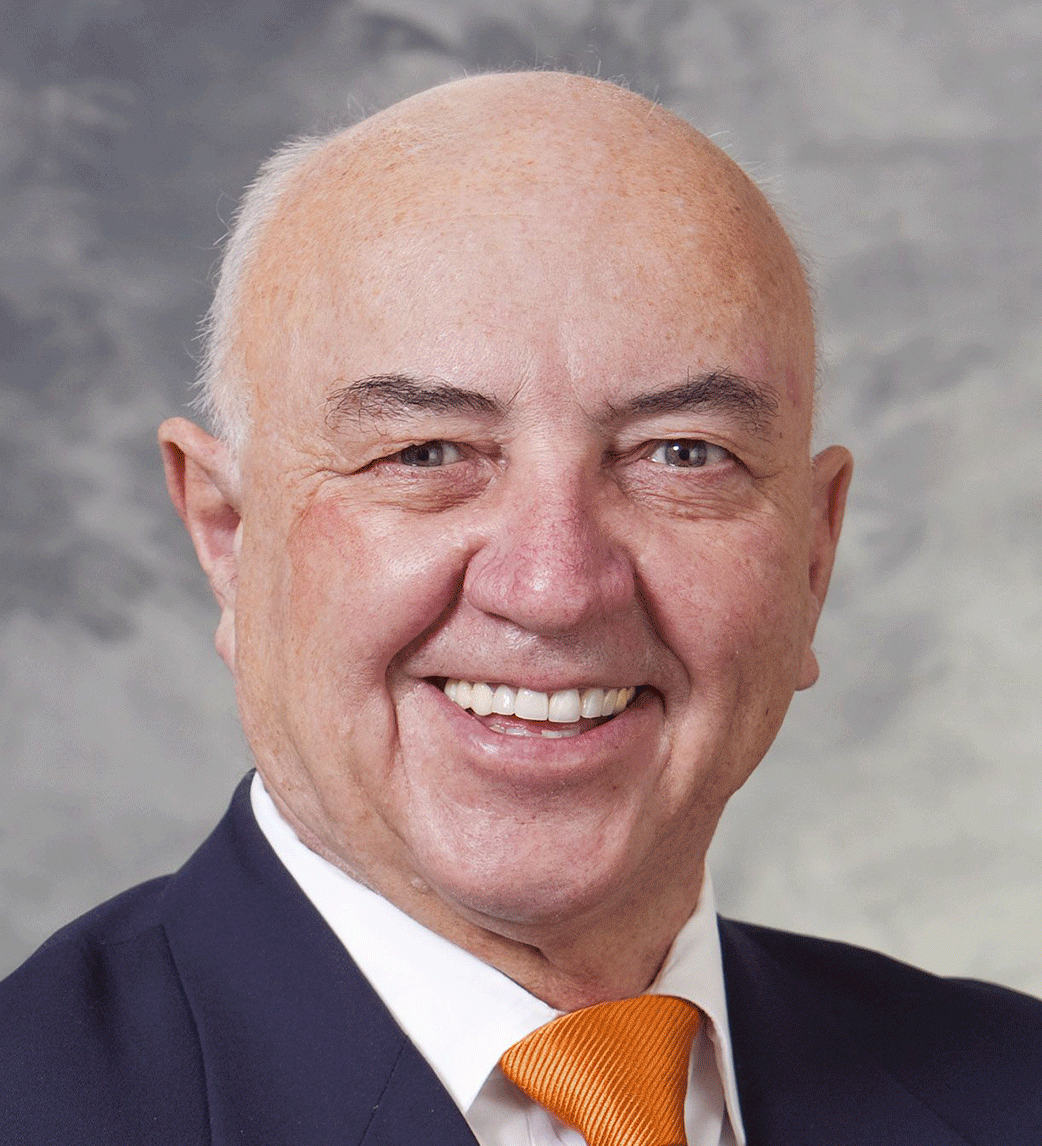

Gene Therapy
Bio
University of Wisconsin
Madison, Wisconsin
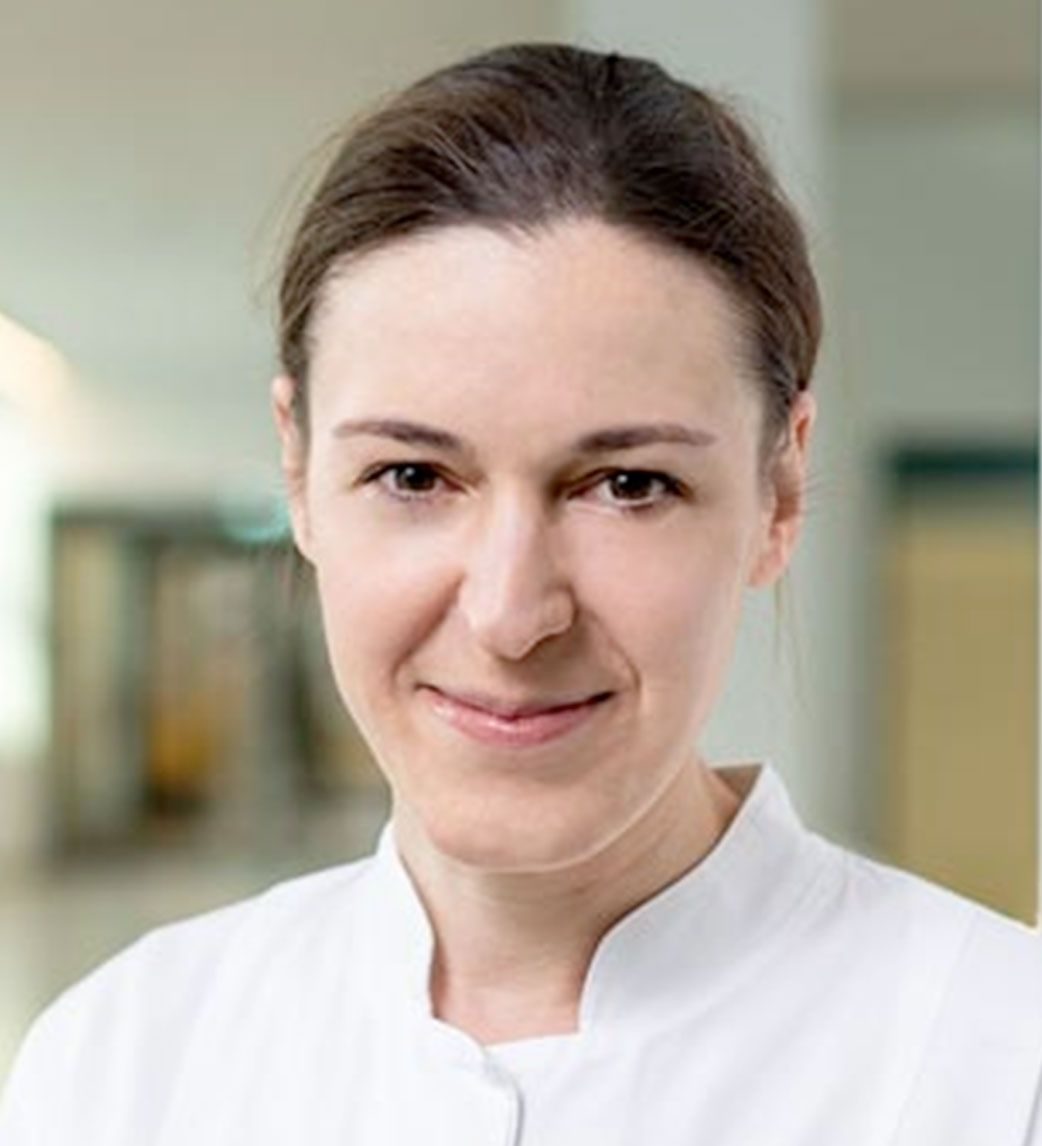

Islet immunoisolation
Bio
Department of Endocrinology and Diabetes,
TU Dresden, Germany
BIO TBA
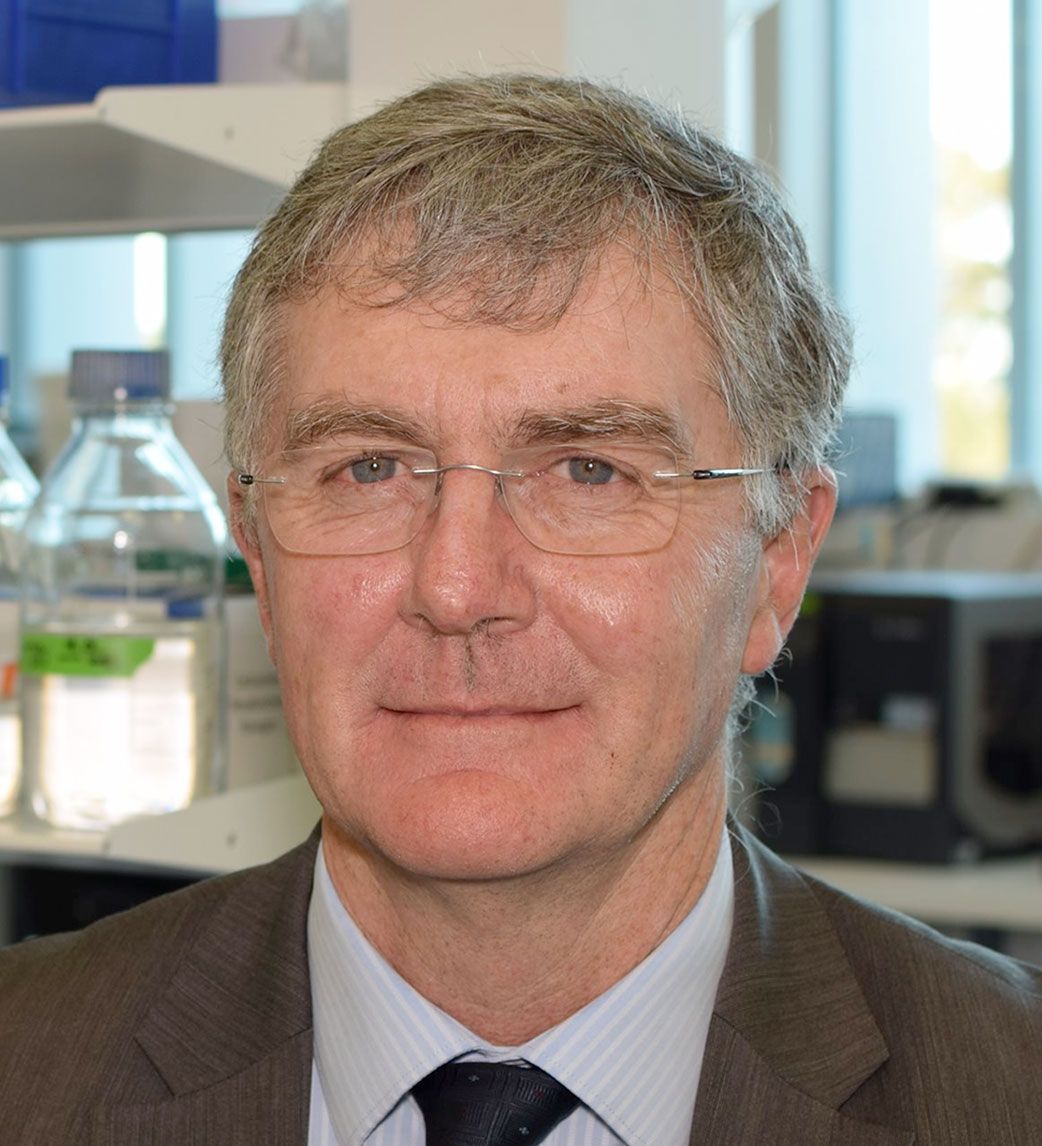

Islet Xenotransplantation
Bio
University of Sydney at Westmead Hospital
Australia
Philip O’Connell is a clinical professor in medicine at the University of Sydney. He is director of Transplantation and medical director of the National Pancreas Transplant Unit, Westmead Hospital. Currently he is director of the Centre for Transplant and Renal Research, The Westmead Institute of Medical Research. His major research interests are in the development of islet transplantation as a main stream treatment for type 1 diabetes and the use of genomics as a marker of renal allograft dysfunction. He was a principle investigator of the NIH funded GOCAR study. He is director of the Australian Clinical Islet Transplant Consortium, which has undertaken Australia’s first multicentre clinical trial of islet transplantation
What does the future hold
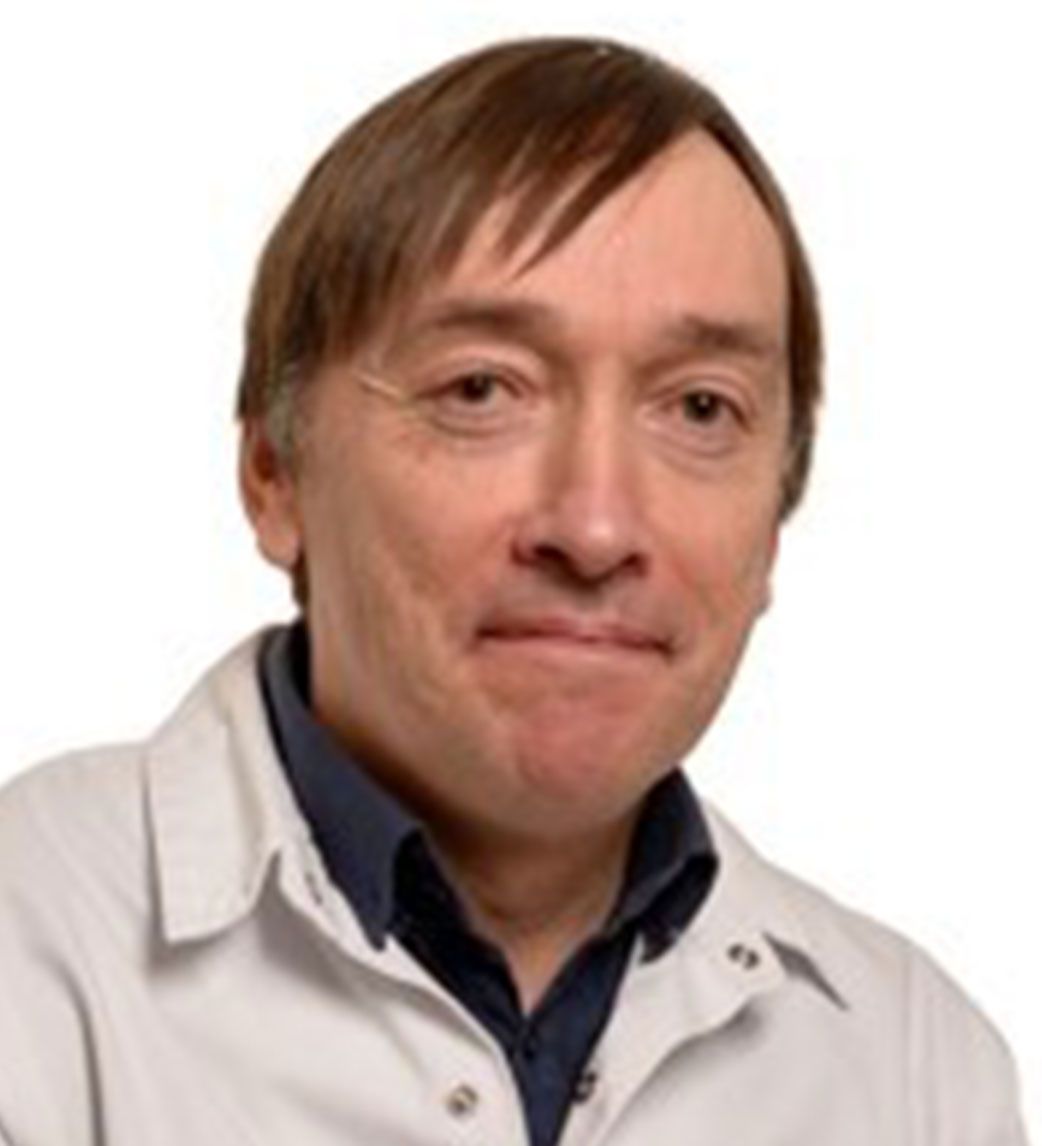

Early Immune Intervention for Beta-cell Preservation in Type 1 Diabetes *
Bio
Professor of Medicine, Vrije Universiteit Brussel
Bart Keymeulen, MD PhD, is a diabetologist and head of the research group Diabetes, Transplantation and Pathology. His main focus is translational research in the field of type 1 diabetes: diagnosis and immune intervention in the early stages and islet cell replacement therapy in patients with problematic hypoglycemia. This includes the use of stem cell-based cells in phase 1-2 human trials.
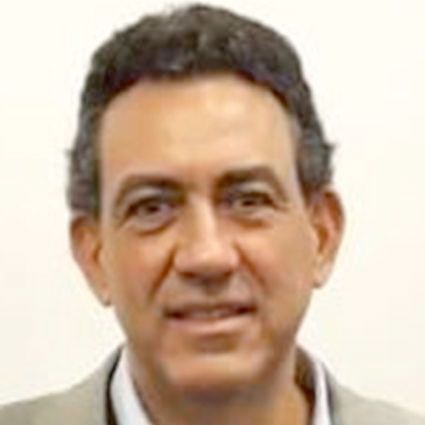

Highlights from the 2021 Congress
* This talk/session is included in both curriculum.


